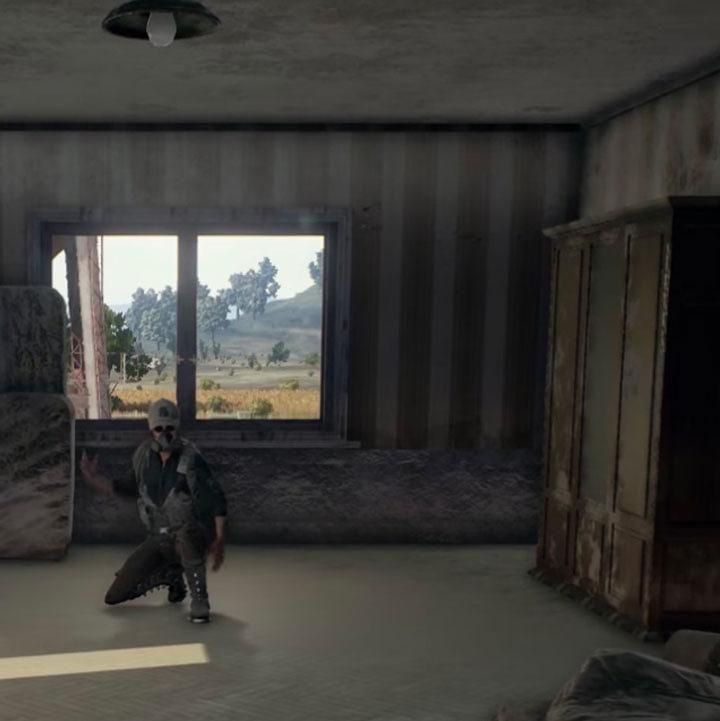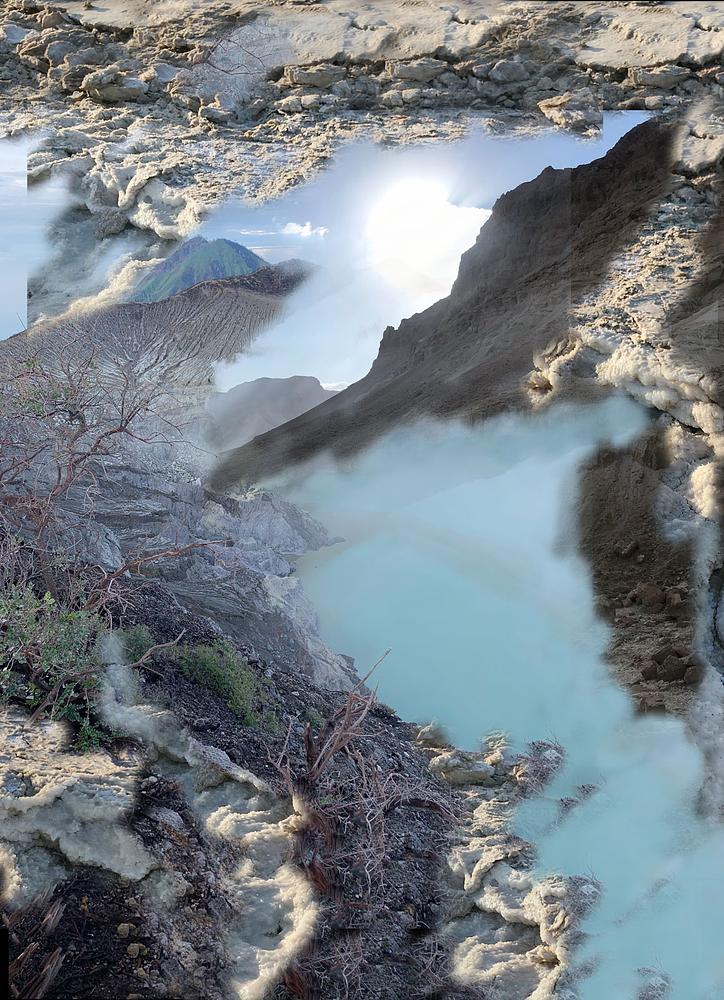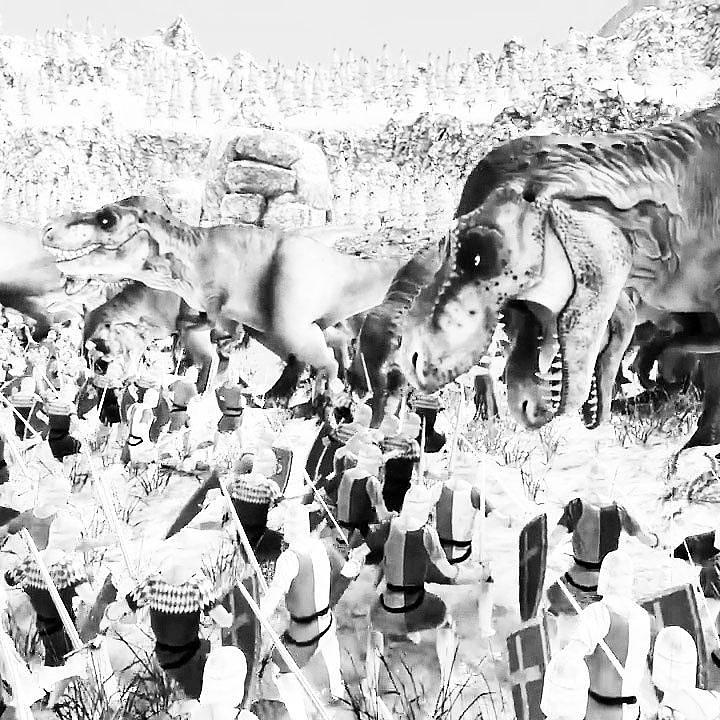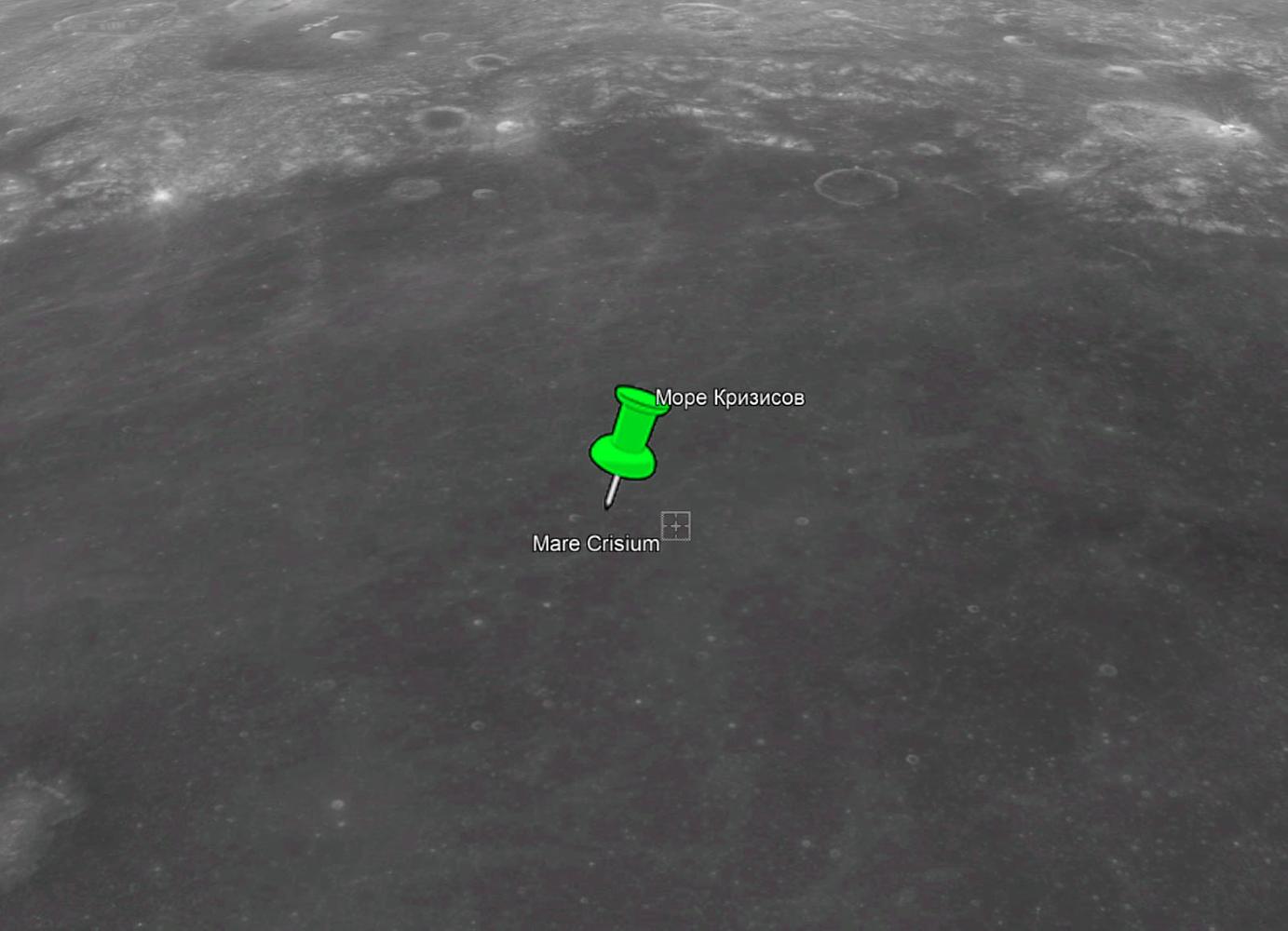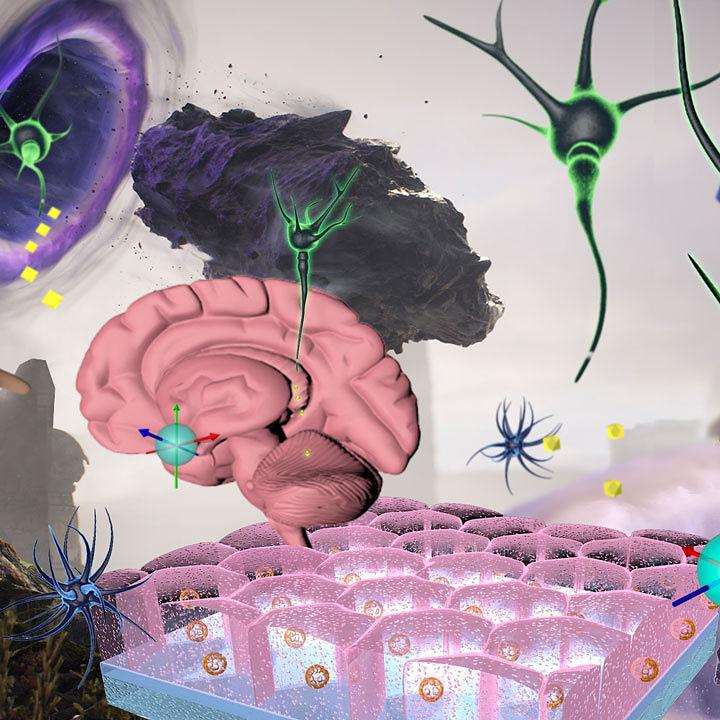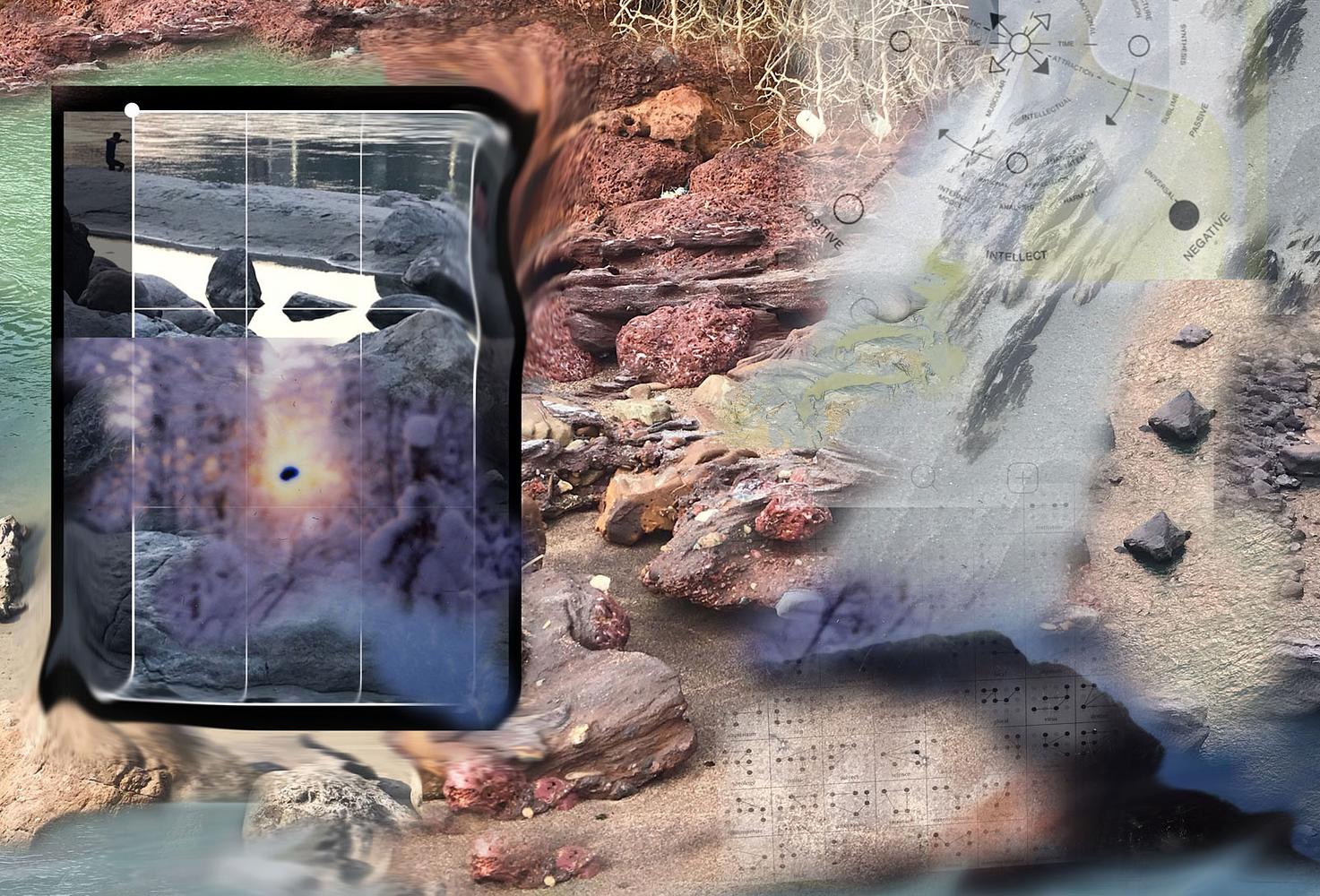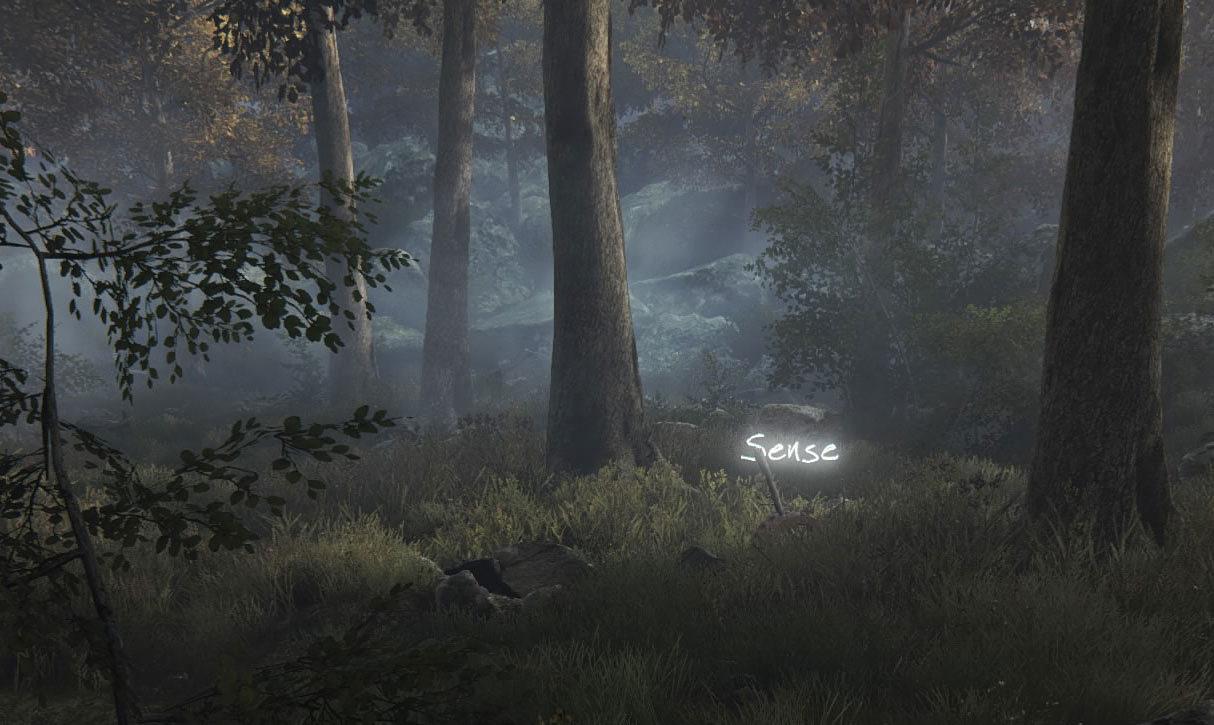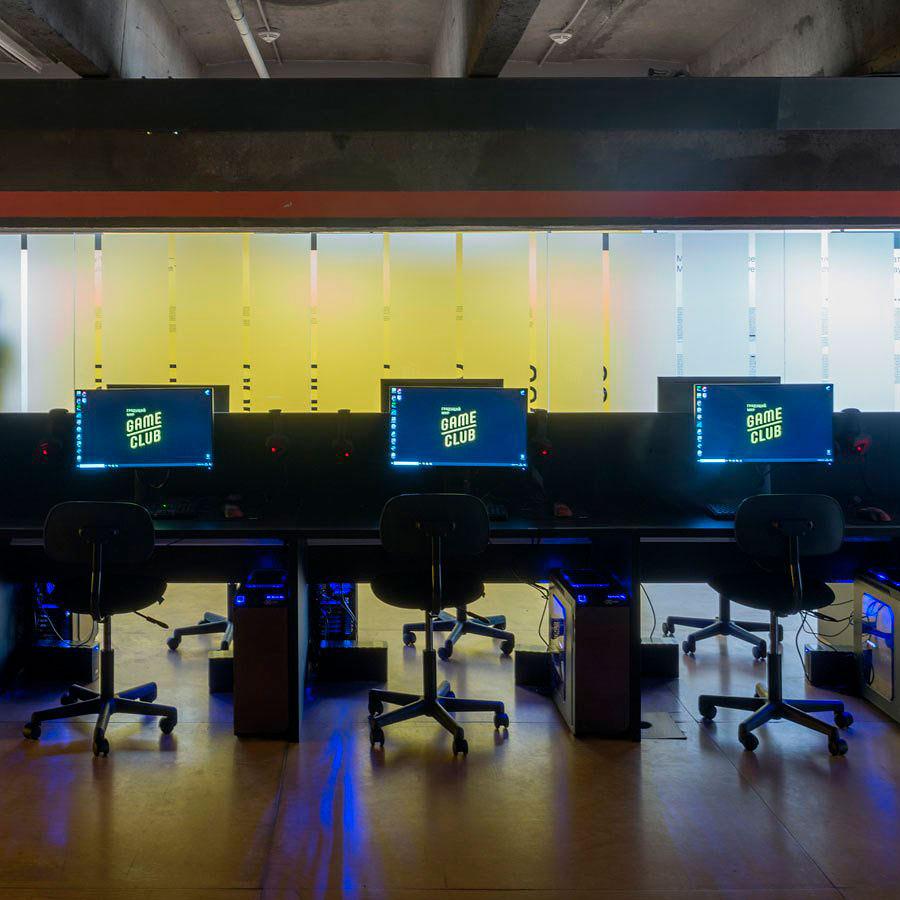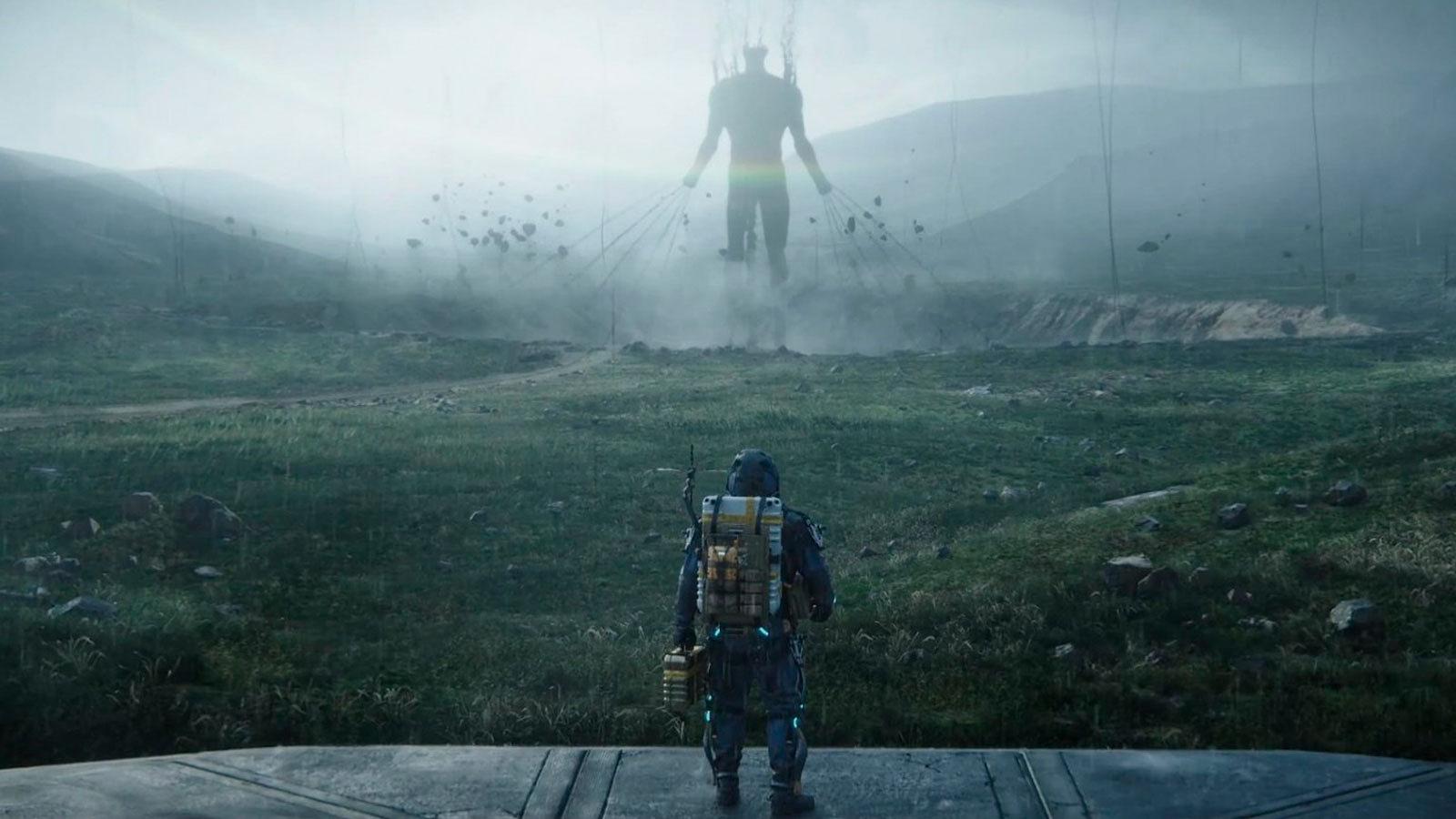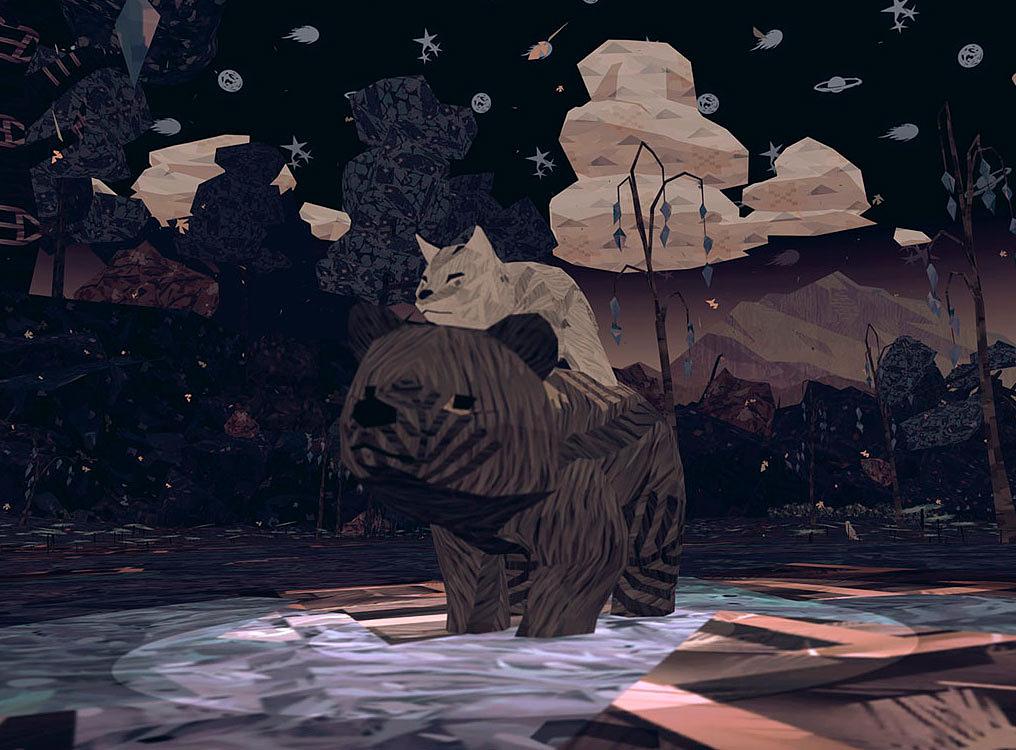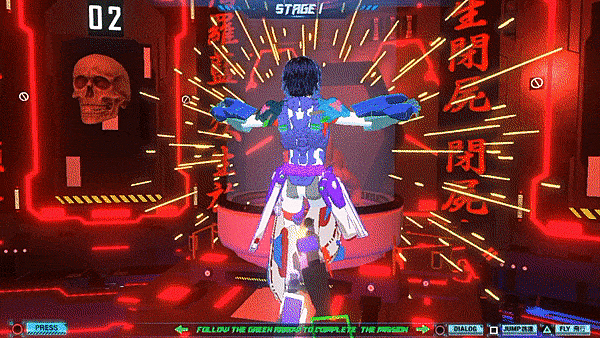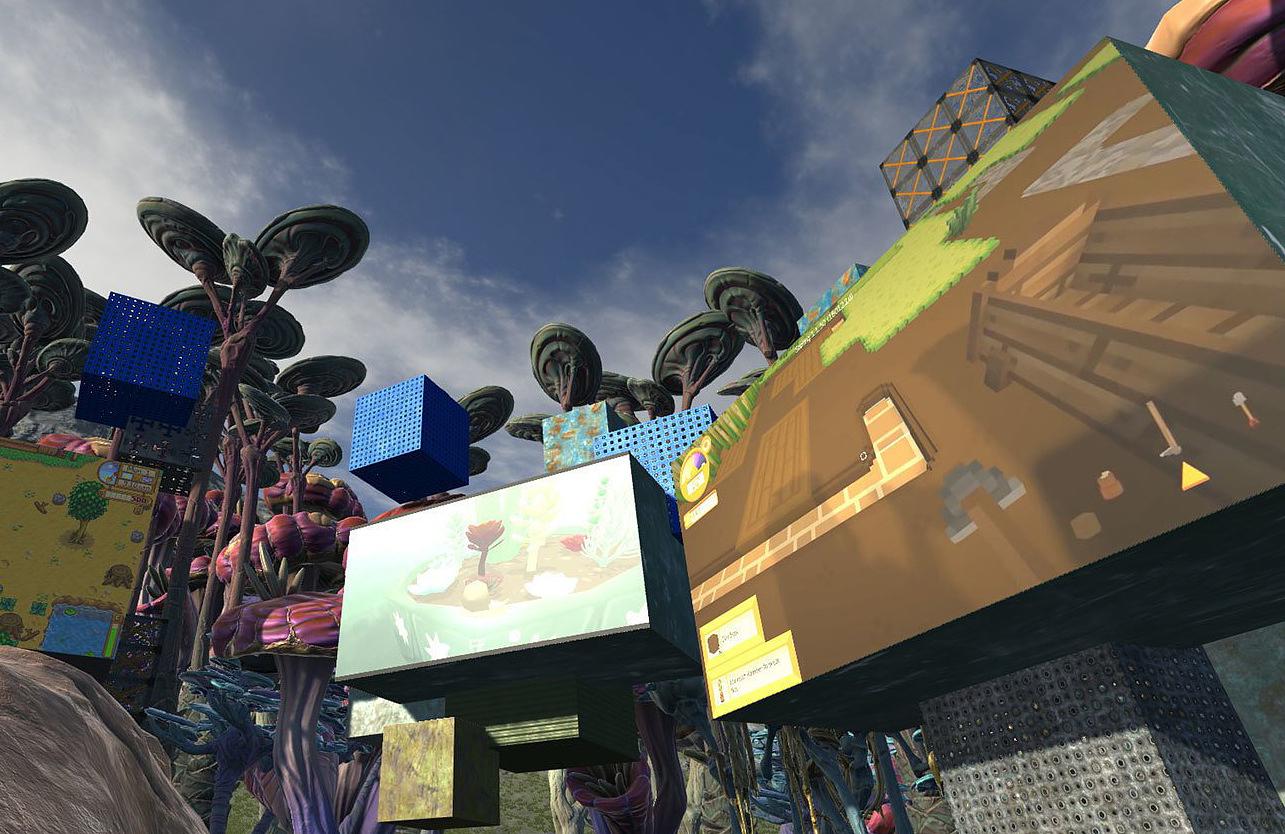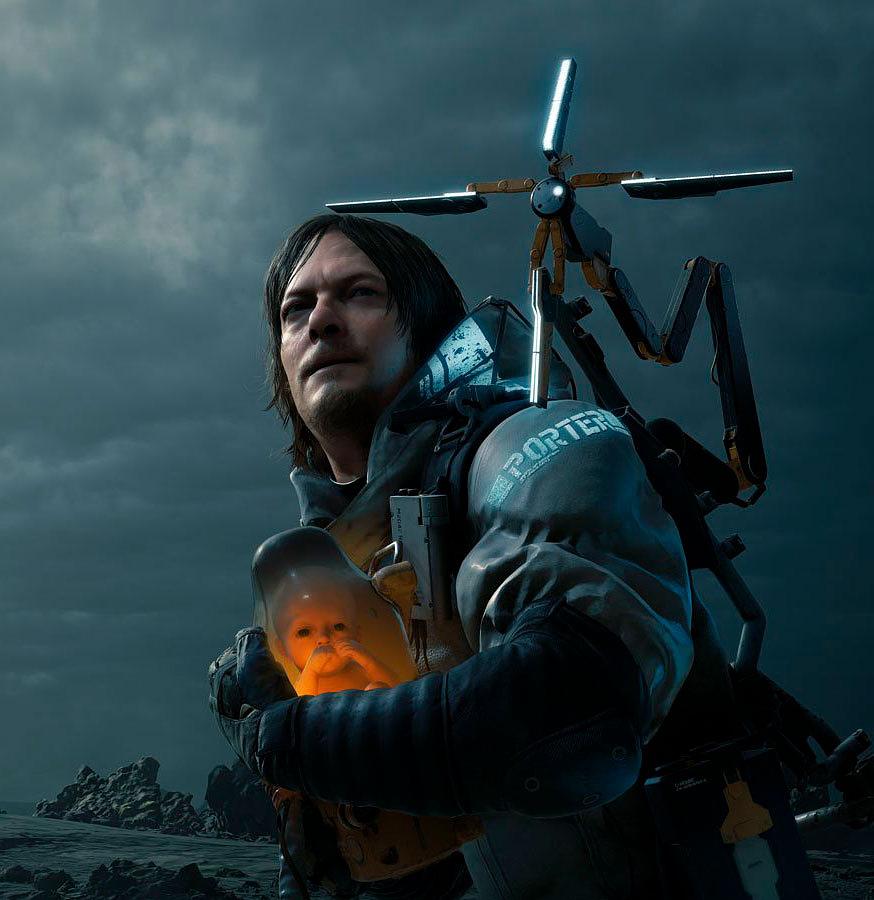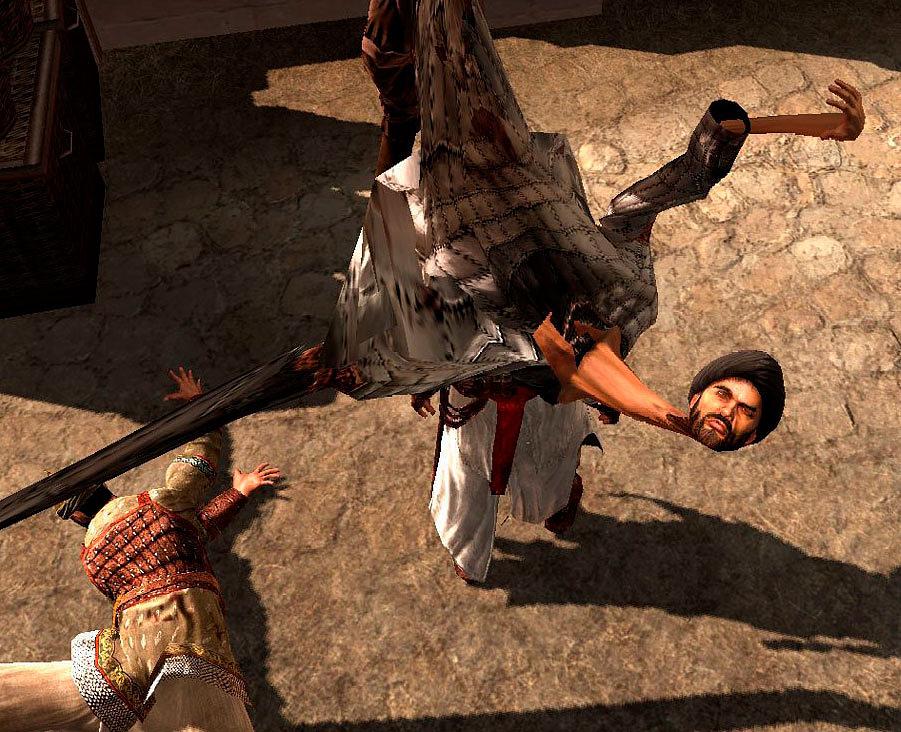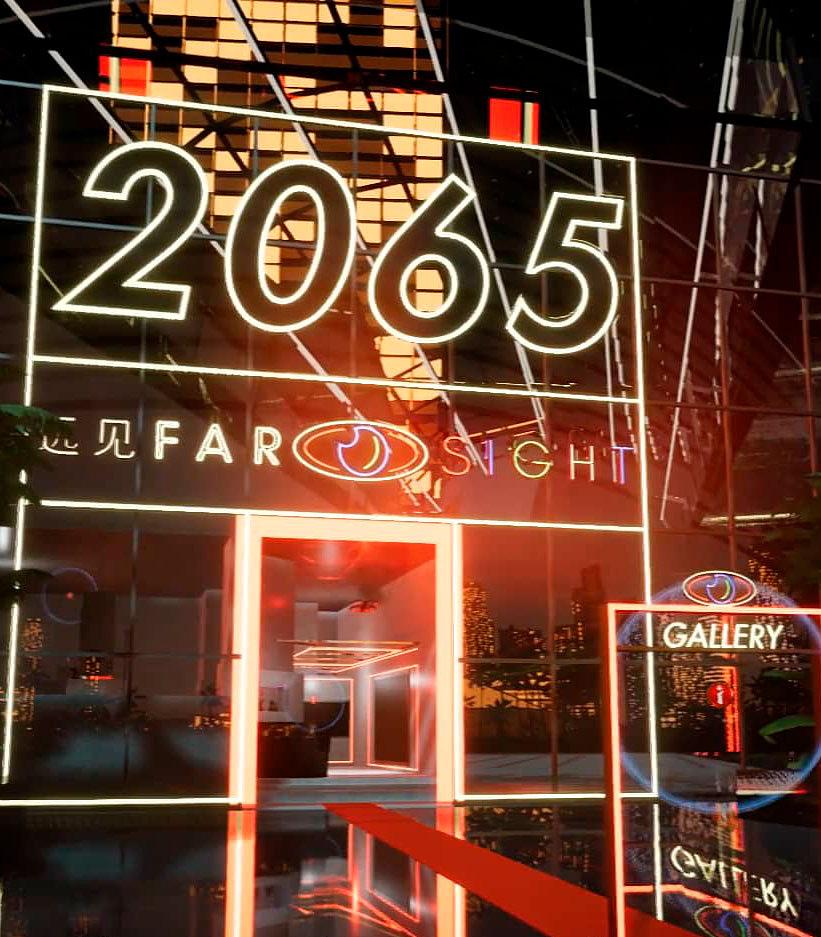
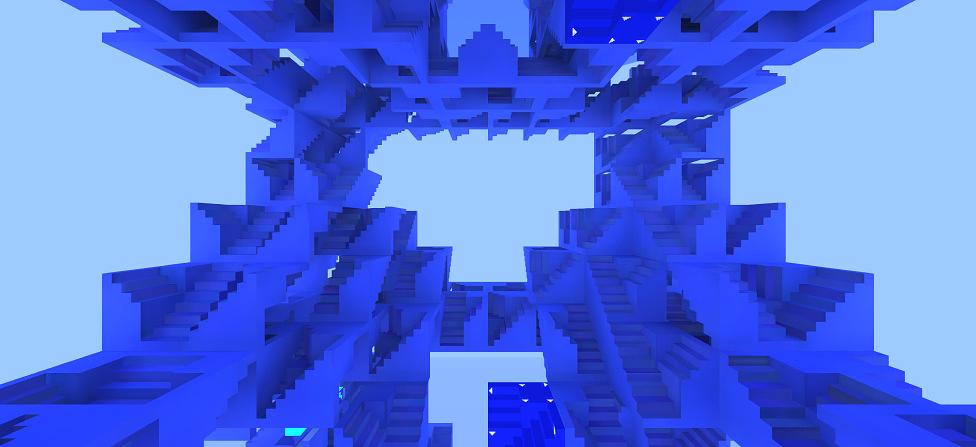

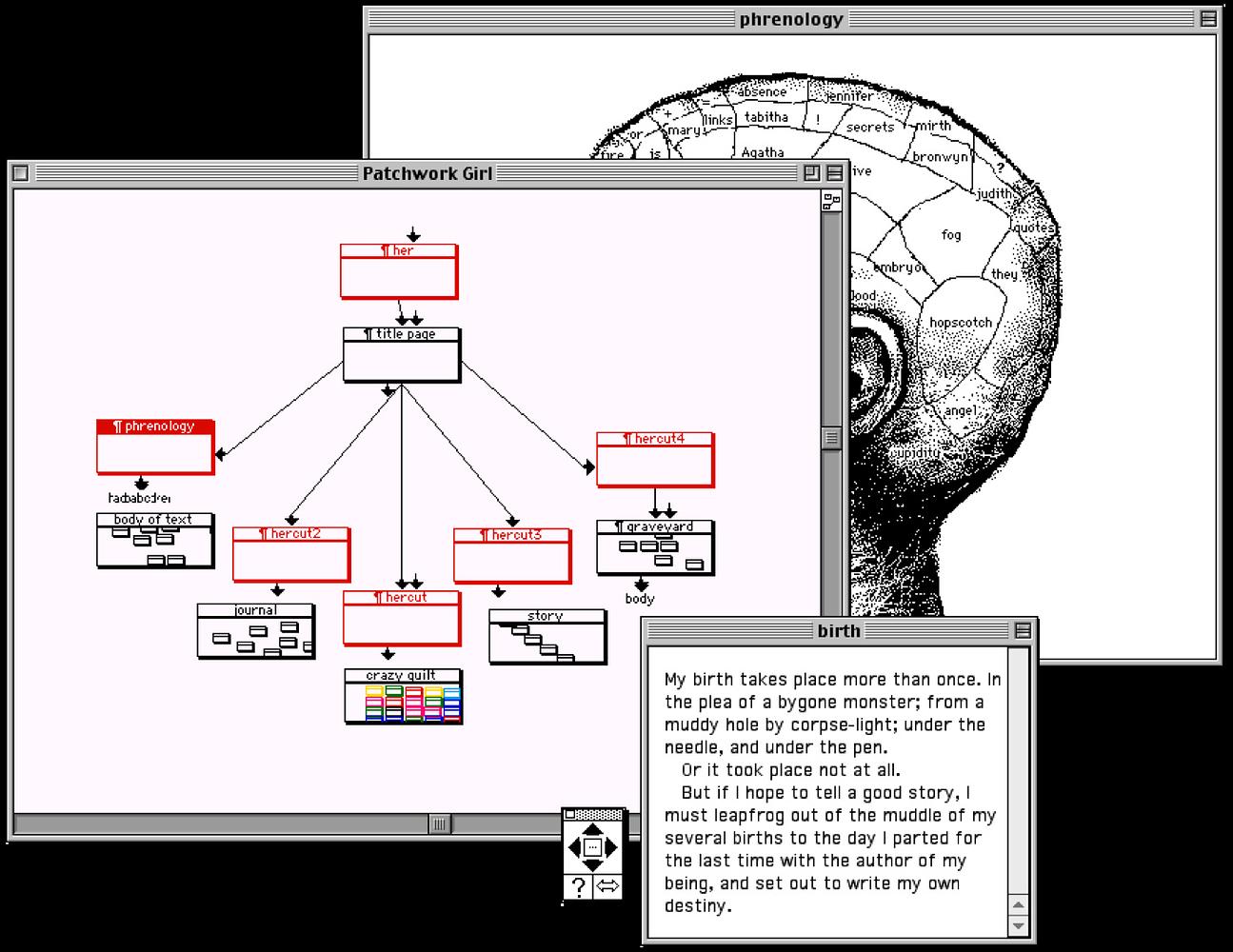
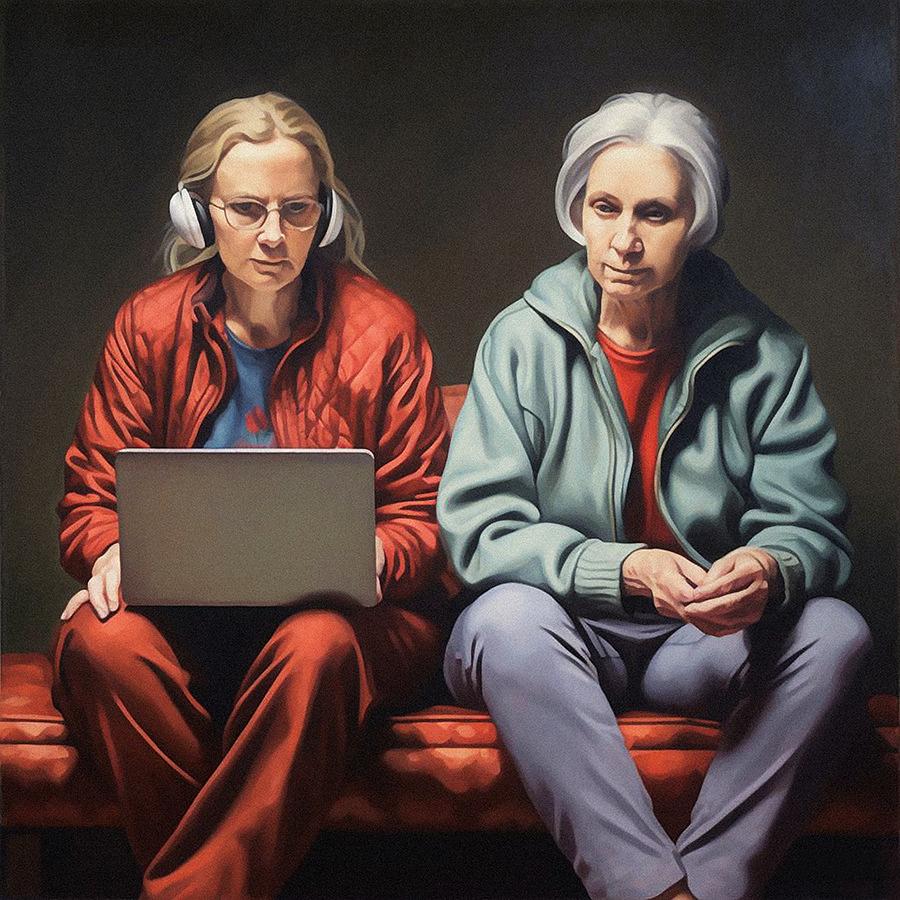
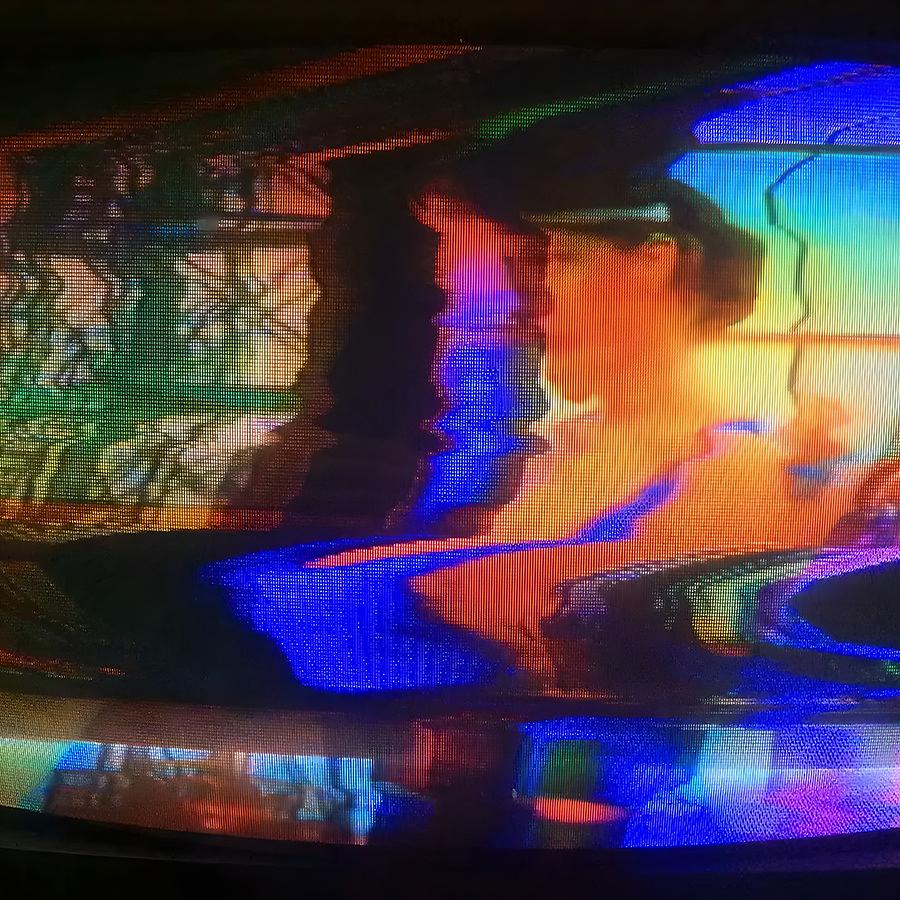
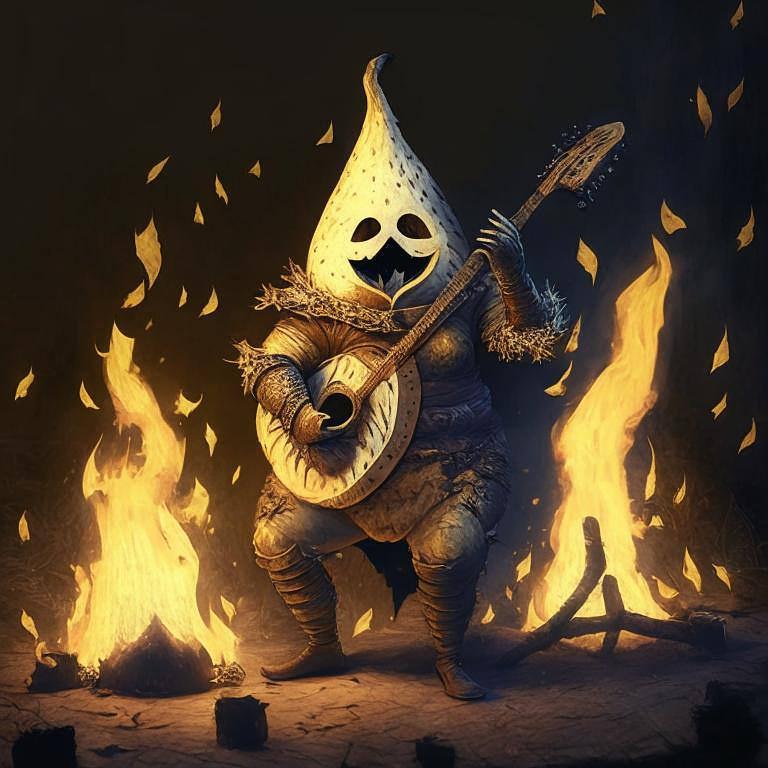
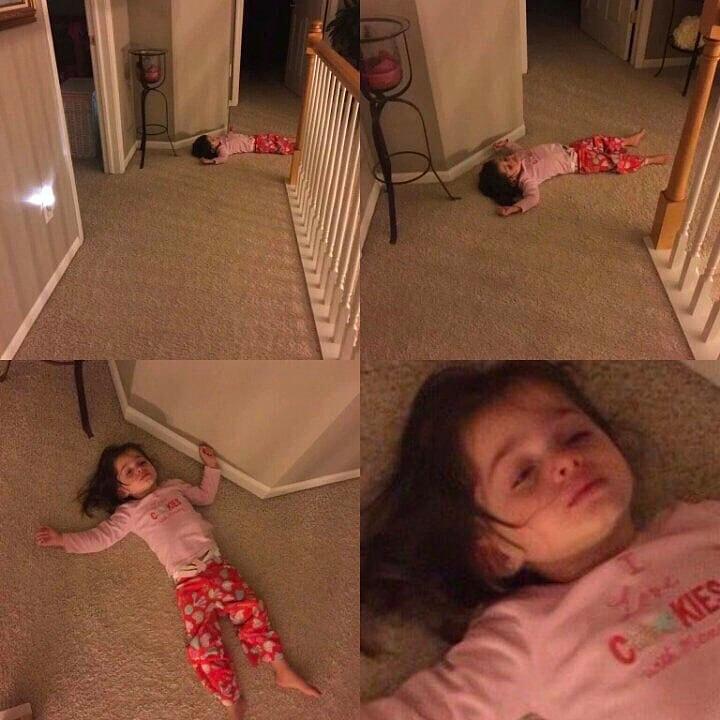
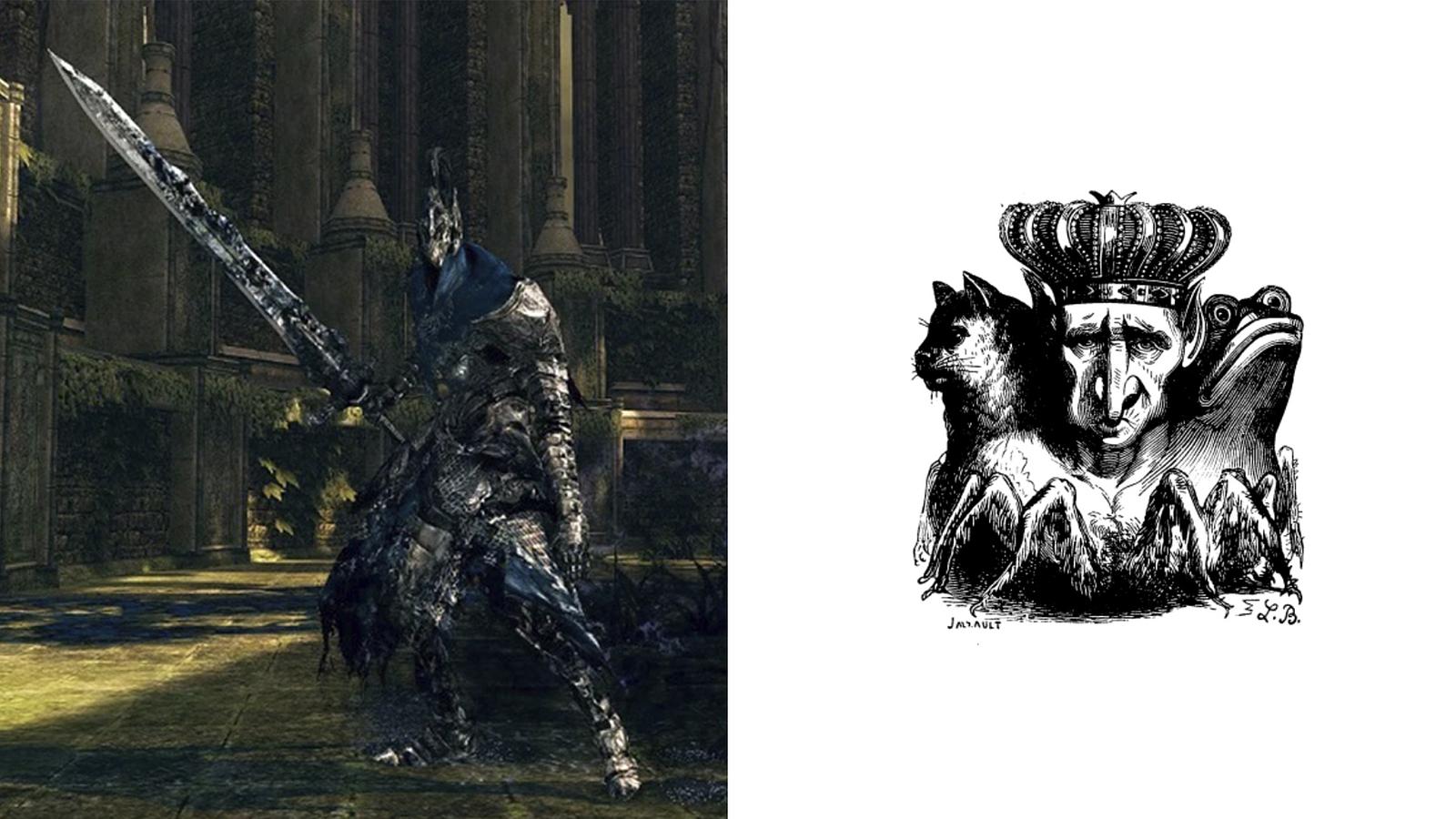
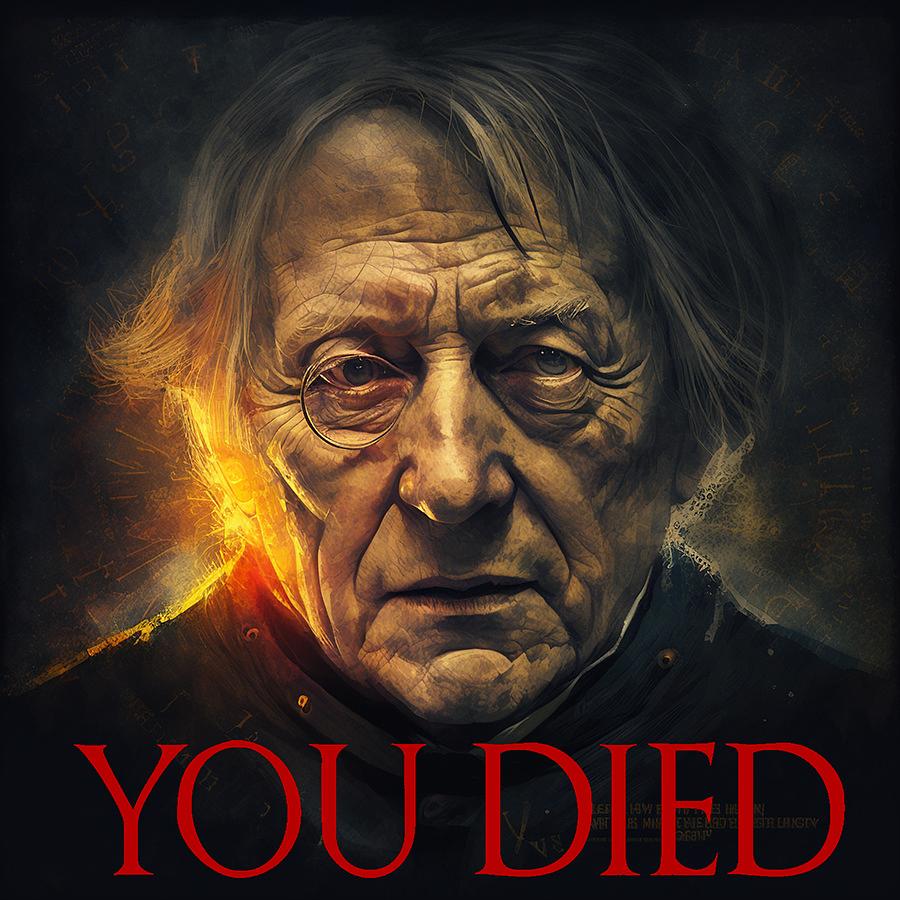
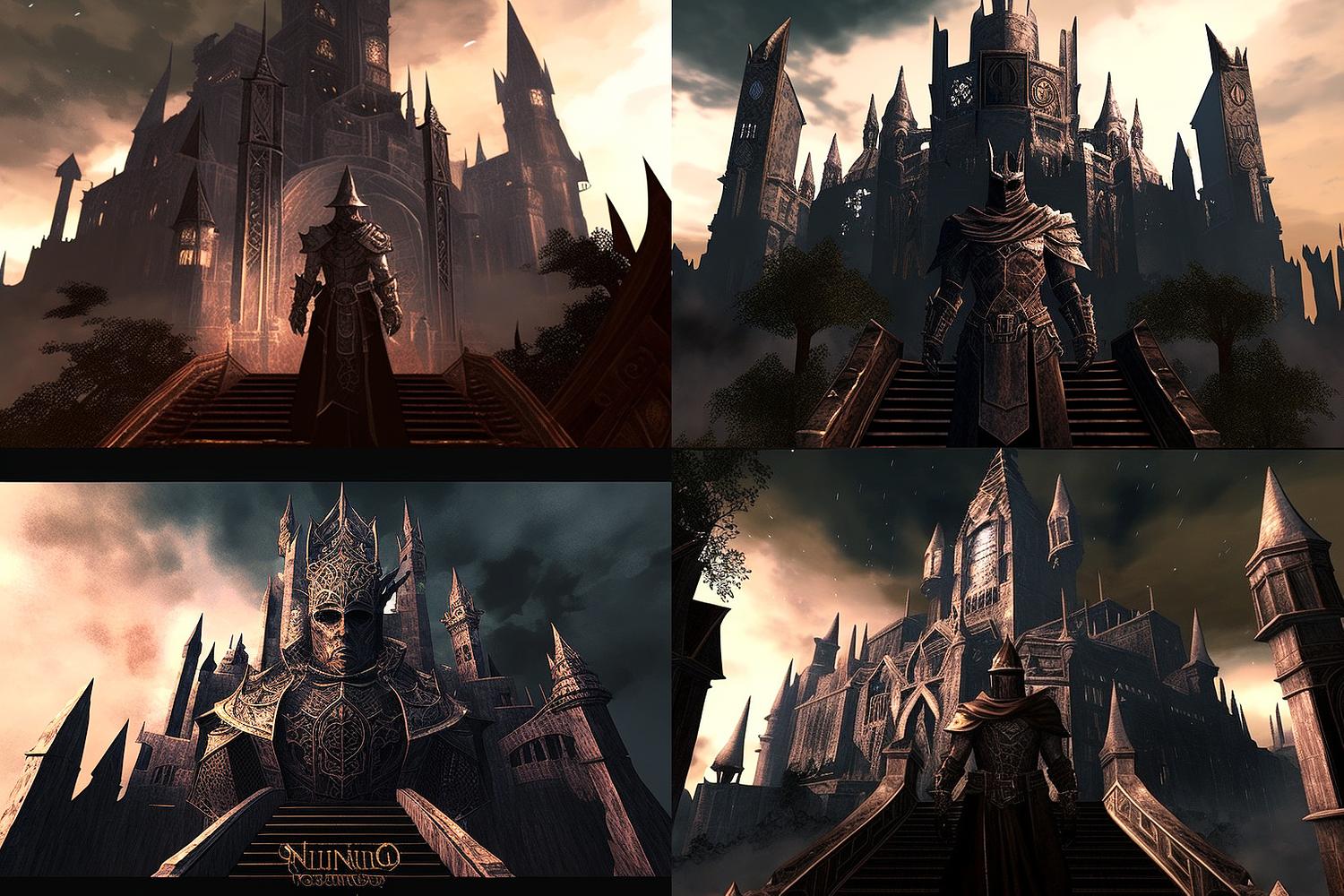
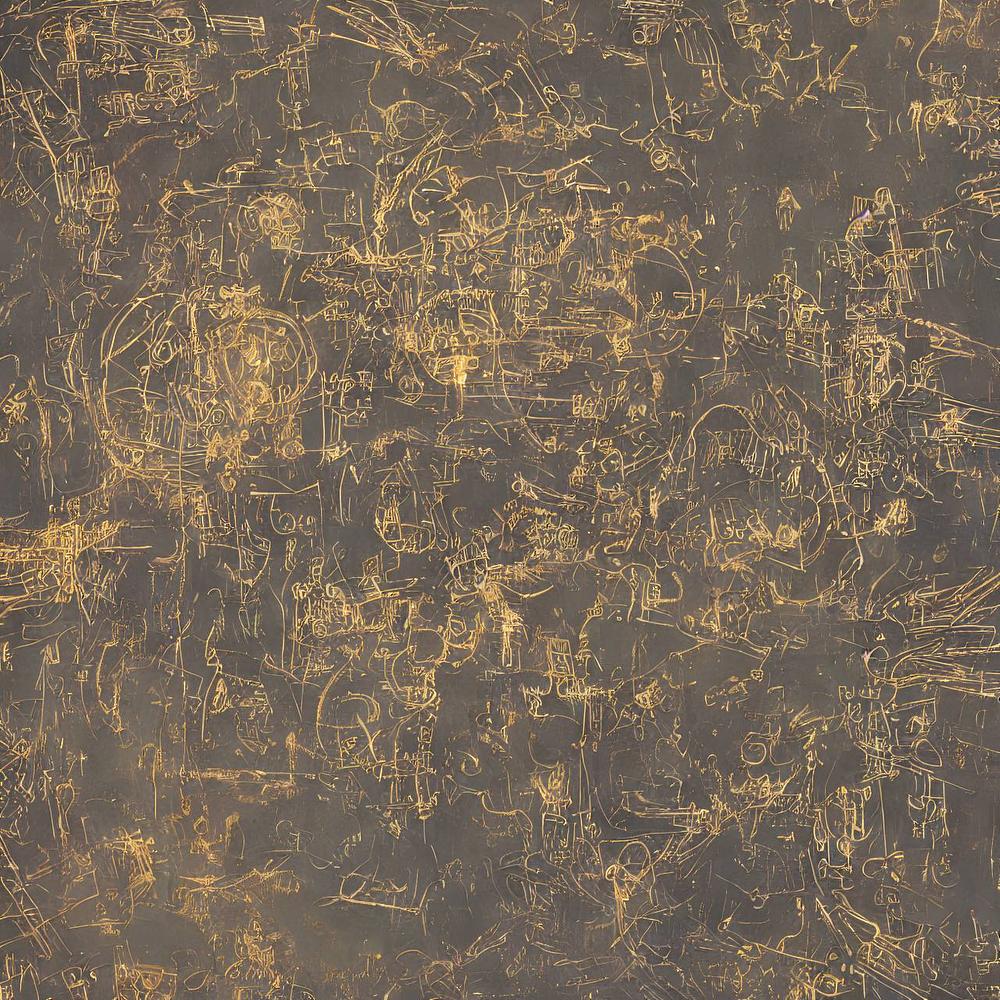
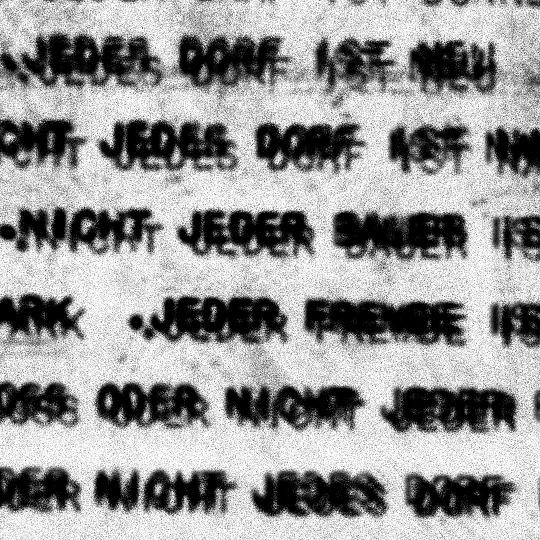
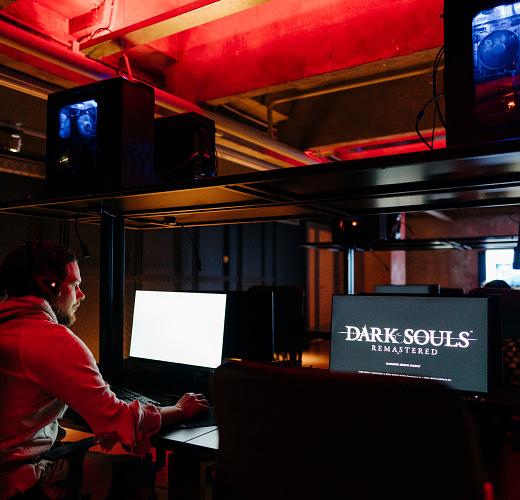
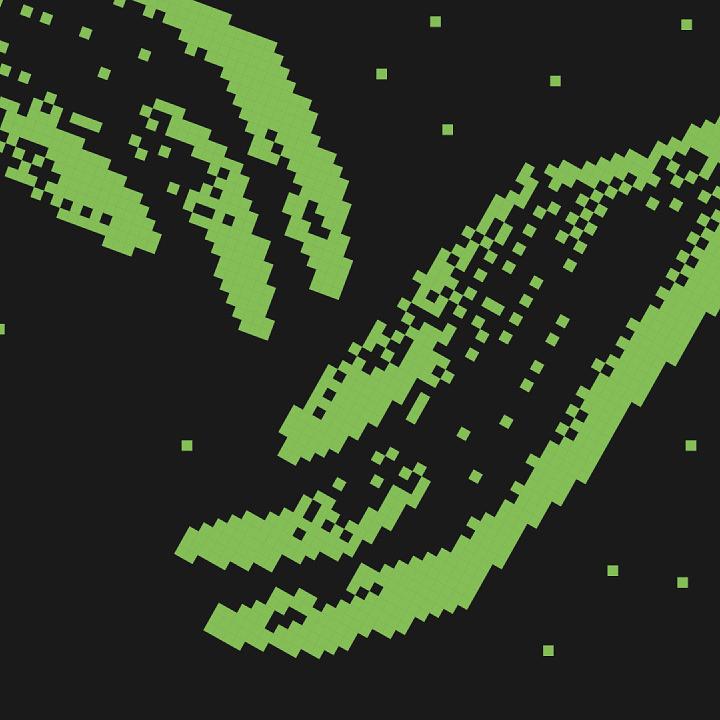
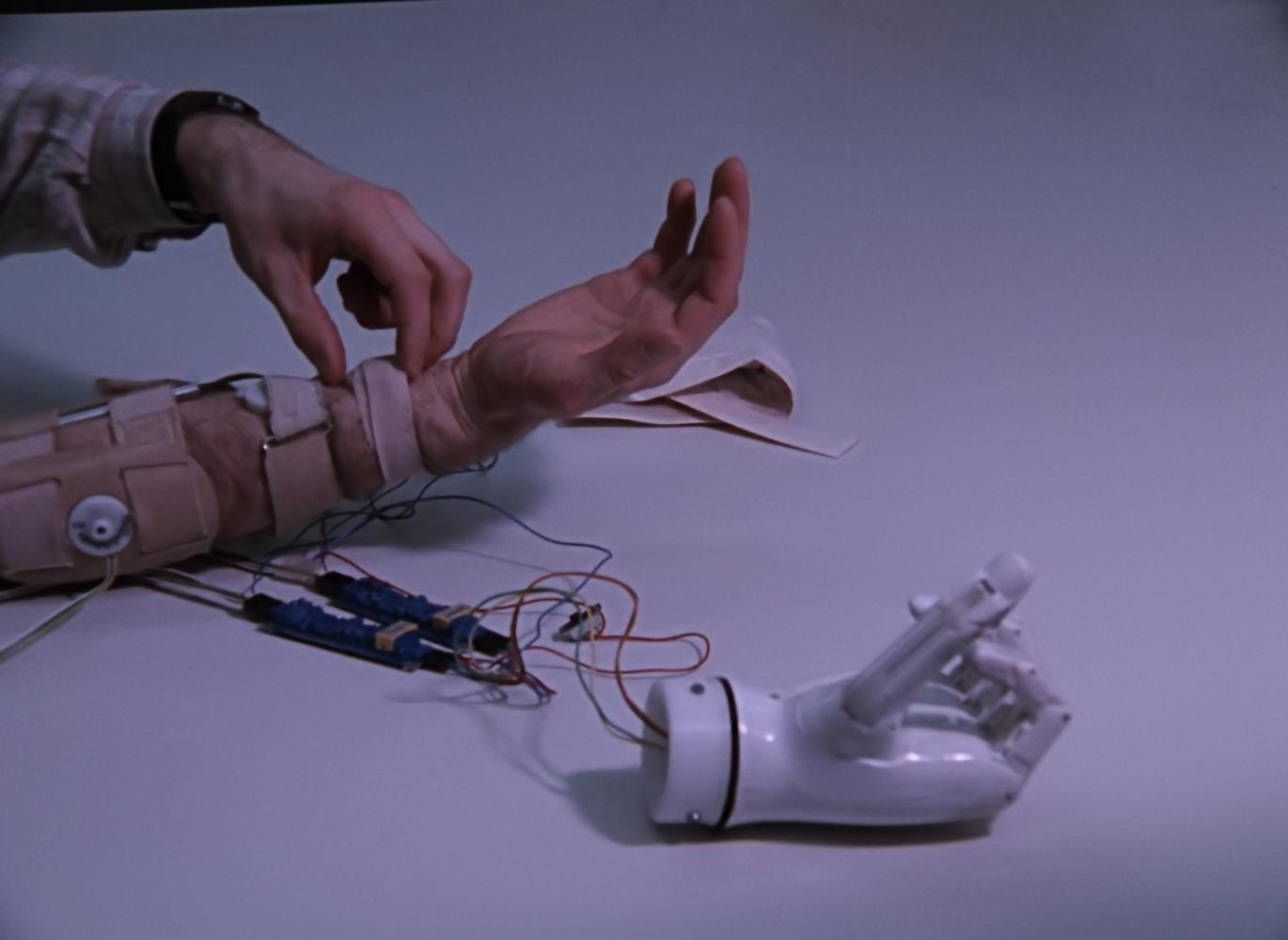
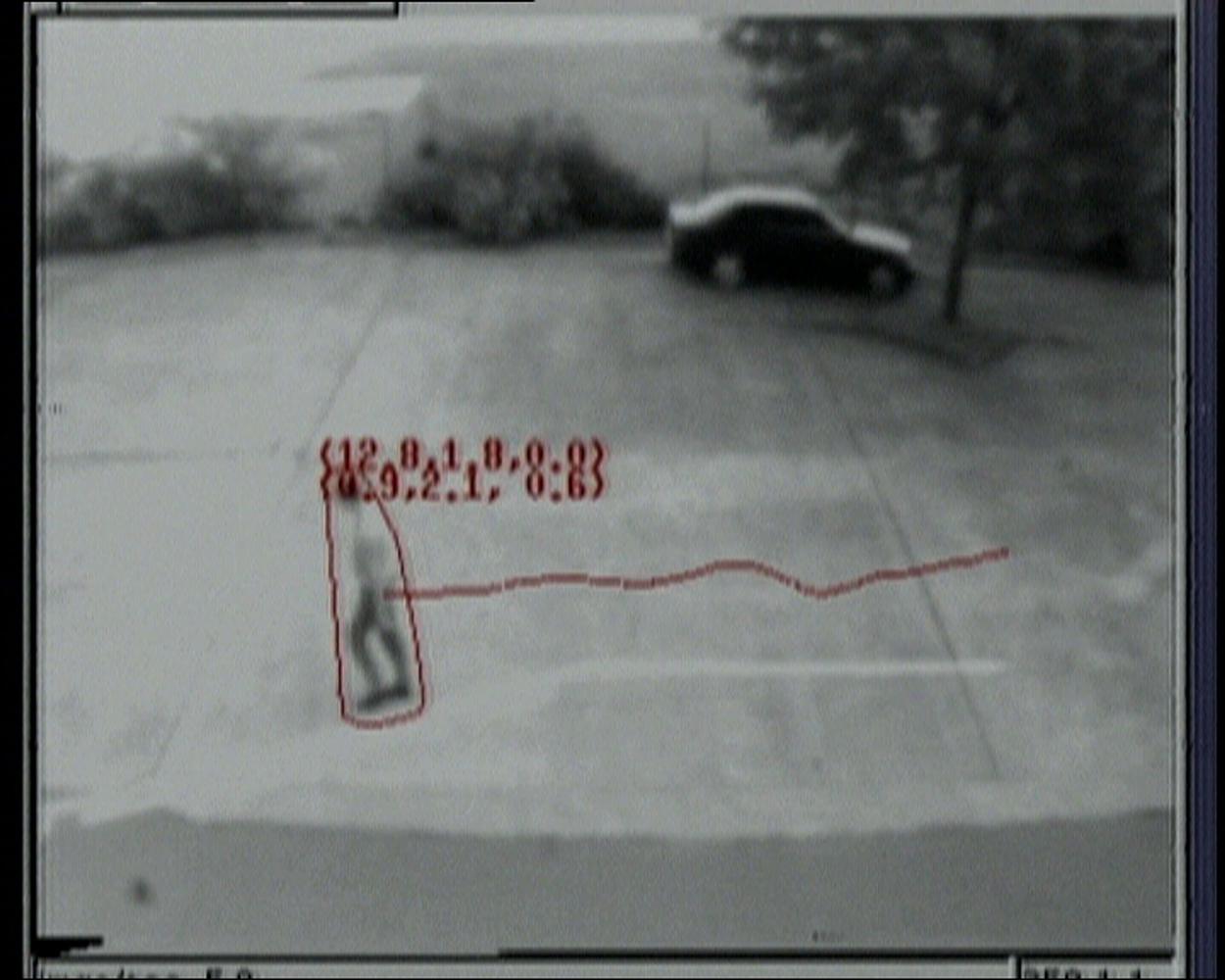
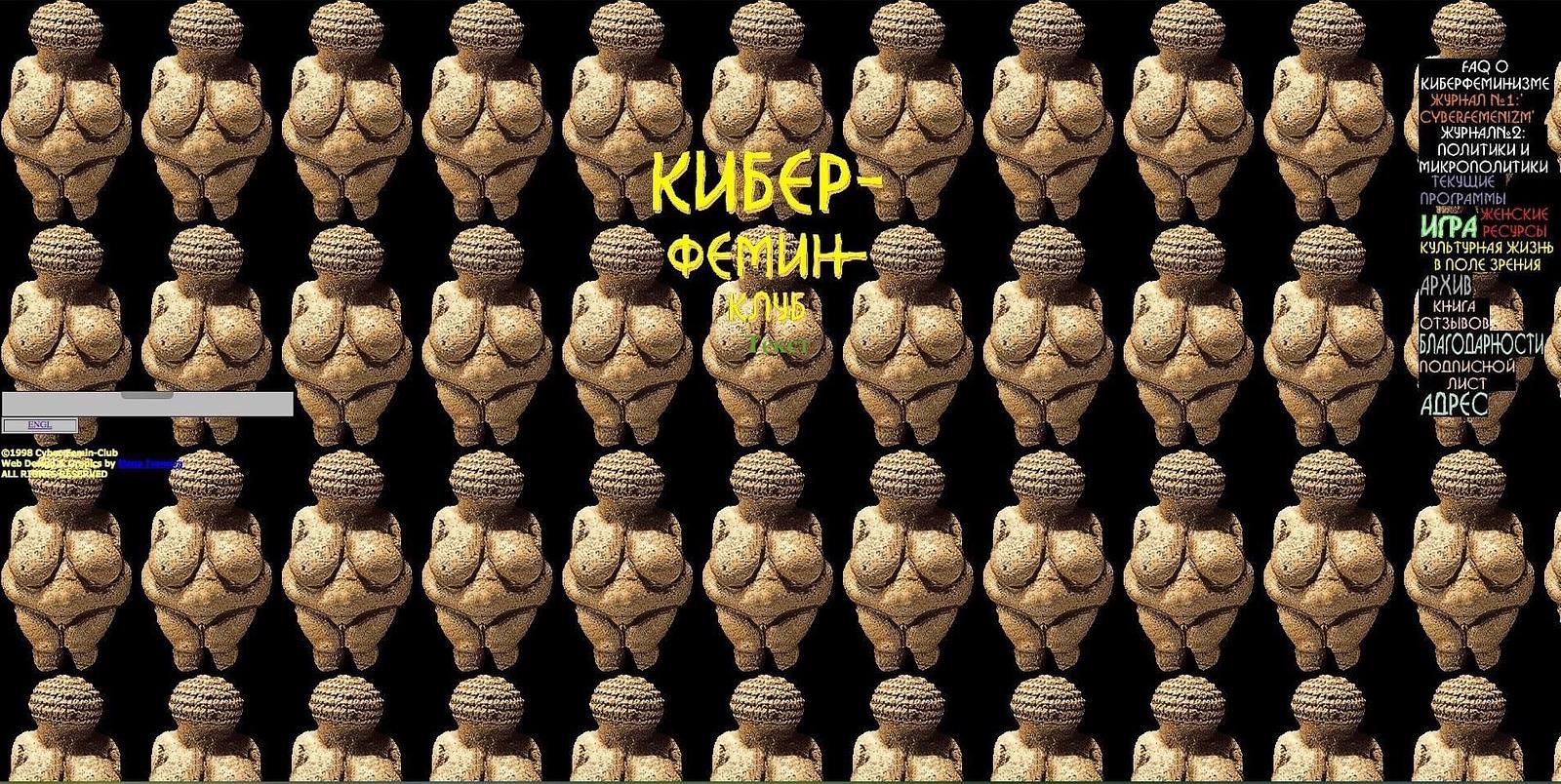
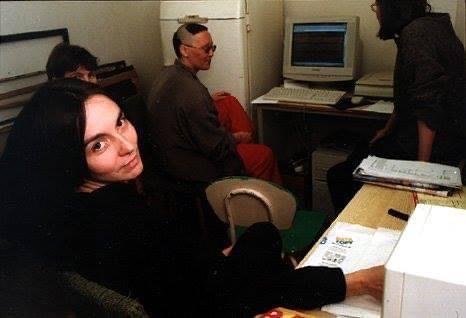
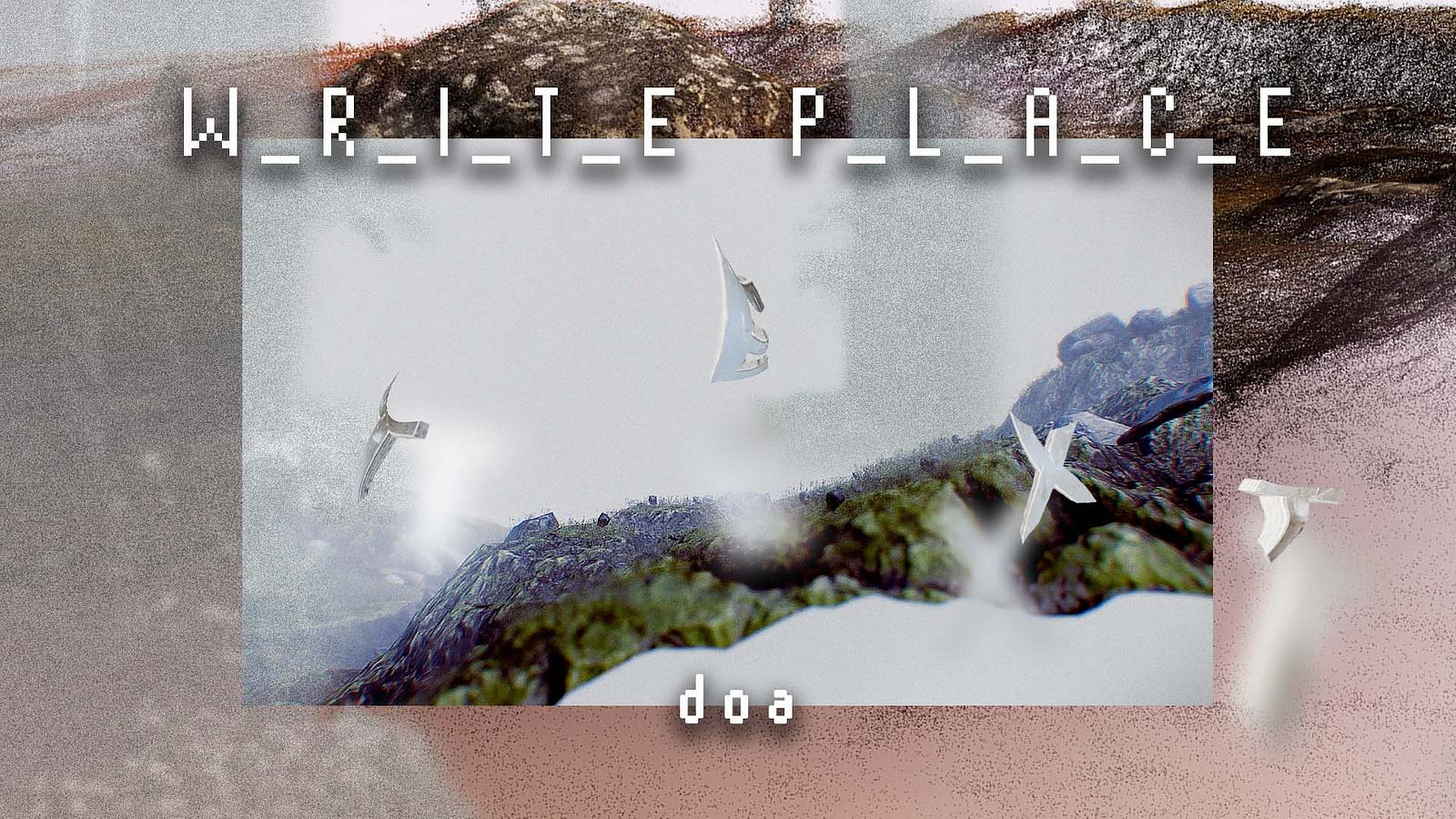
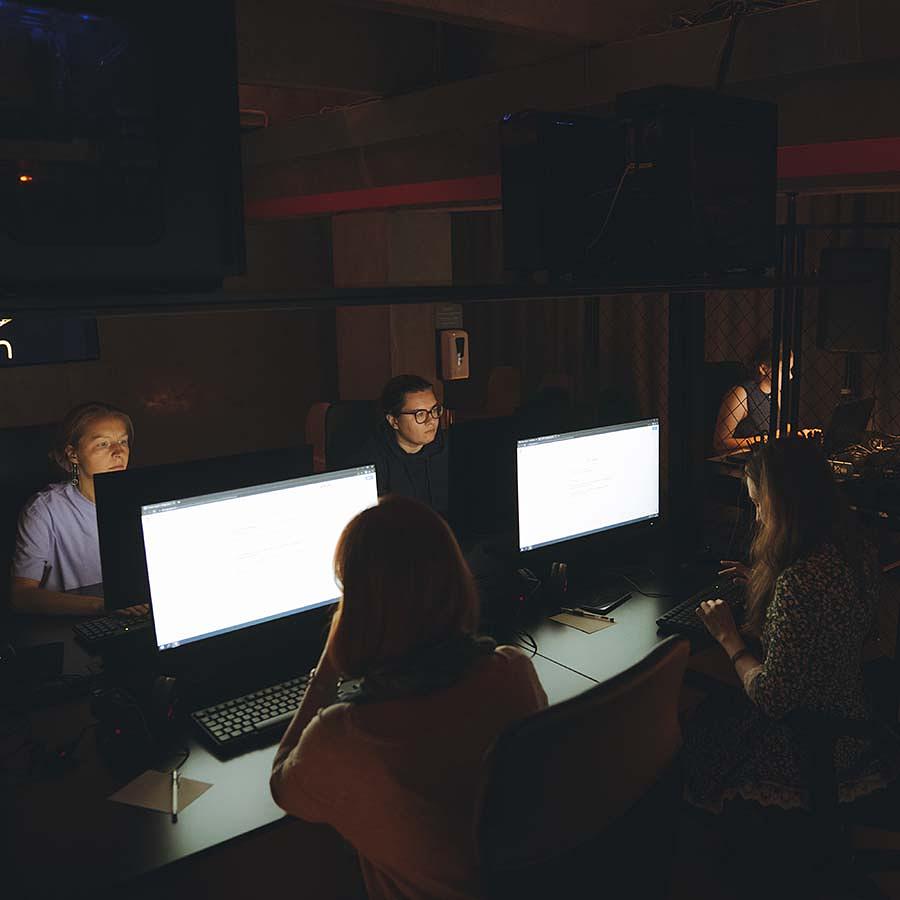
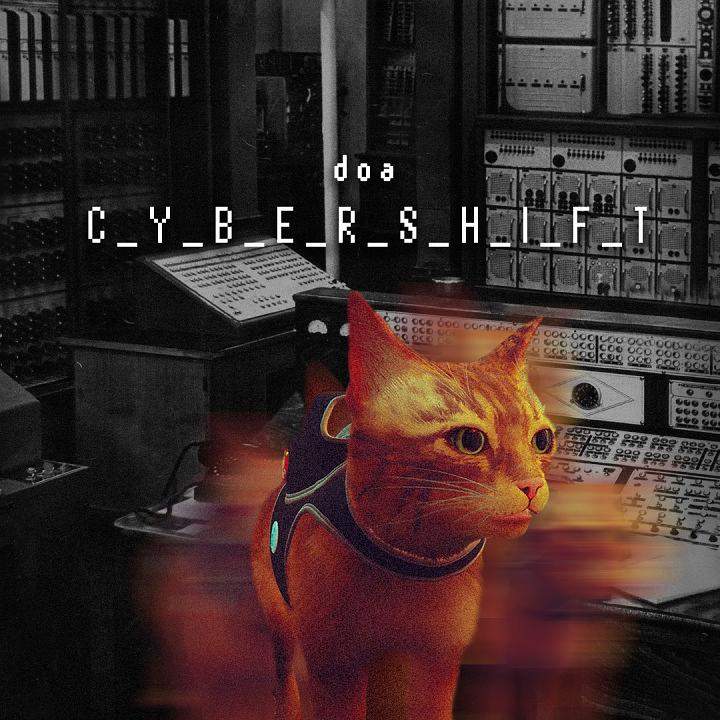
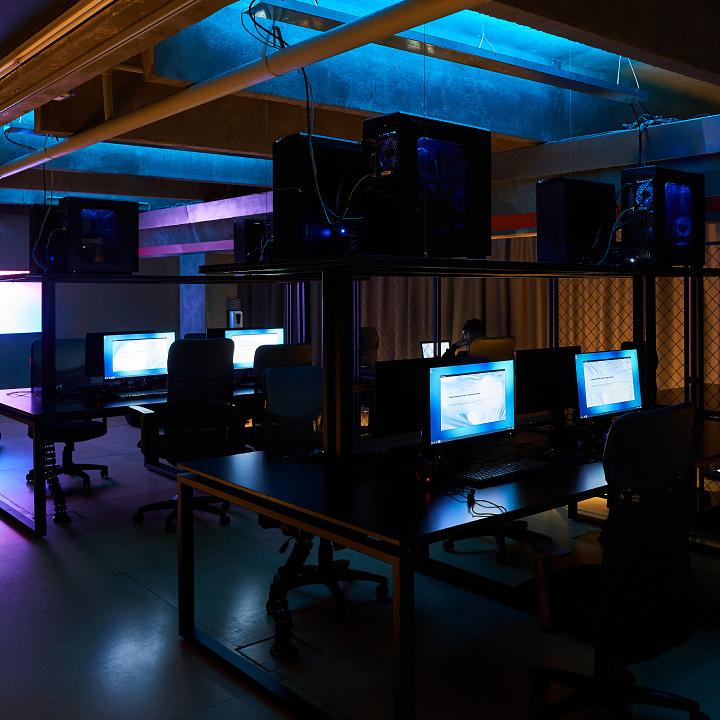
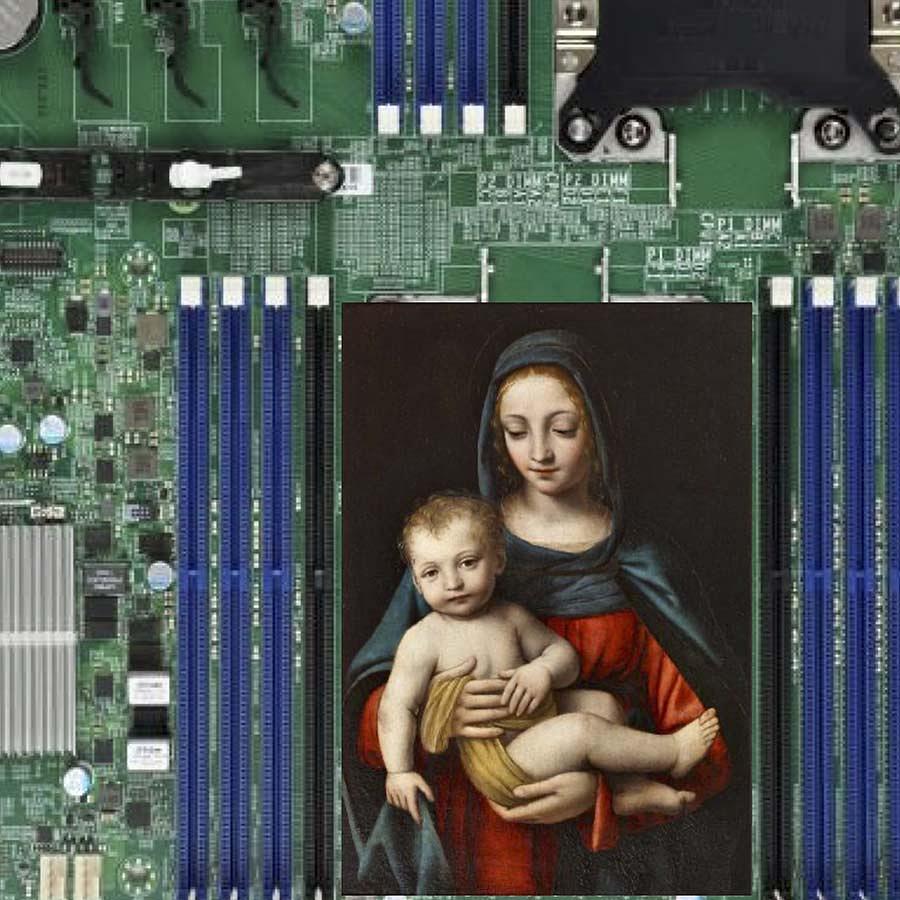
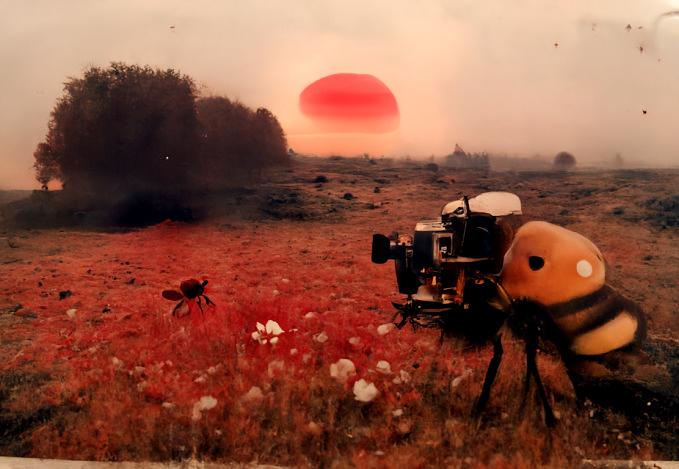
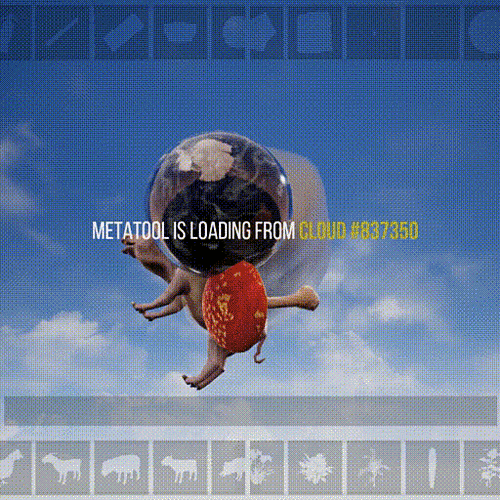
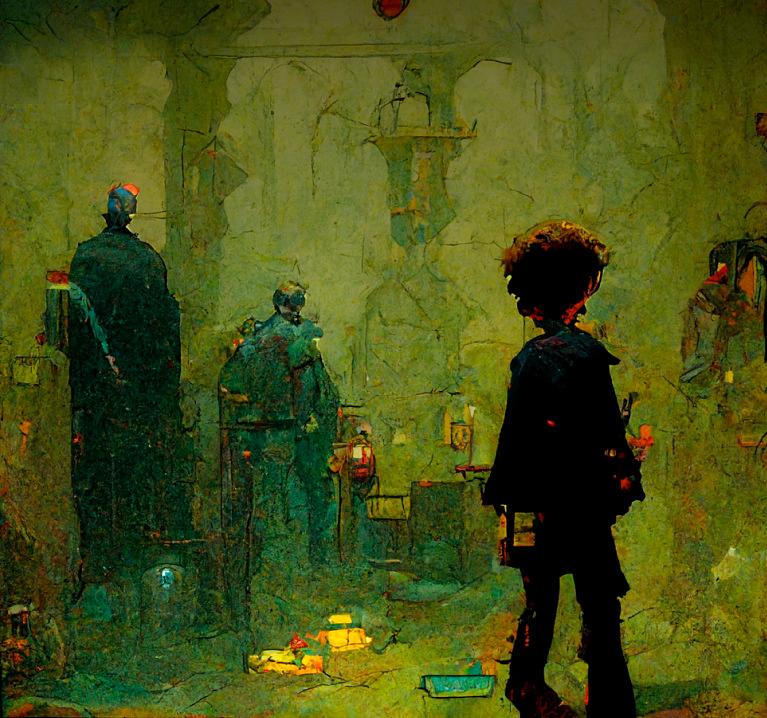
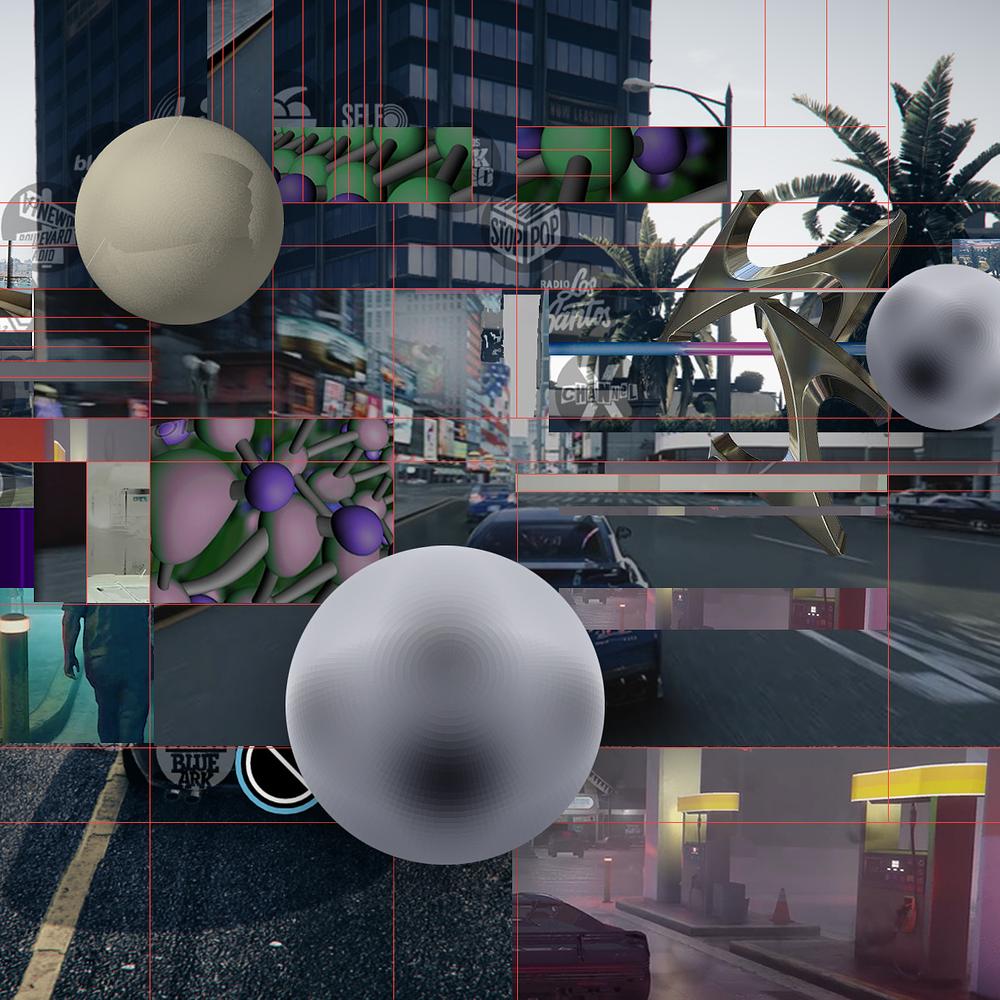
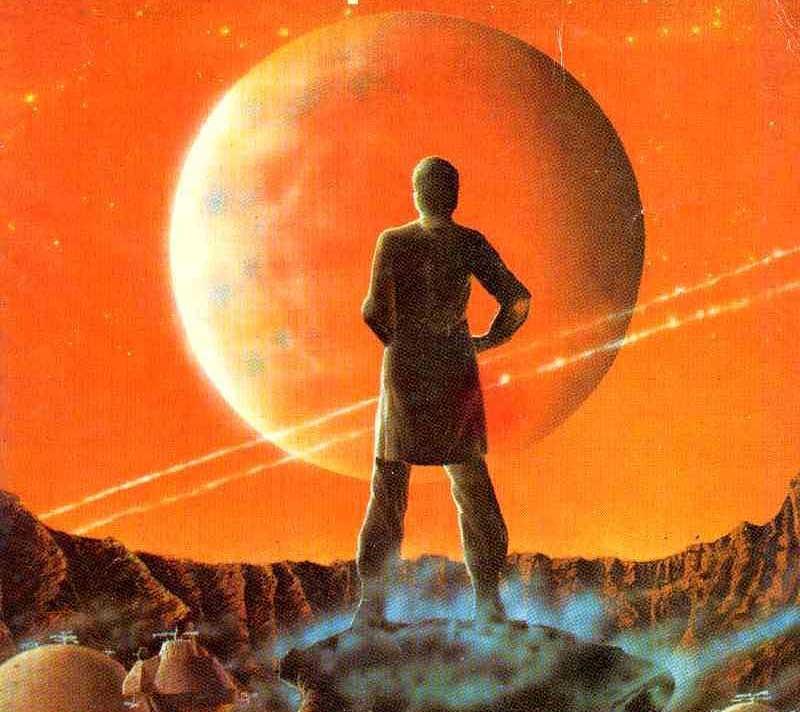
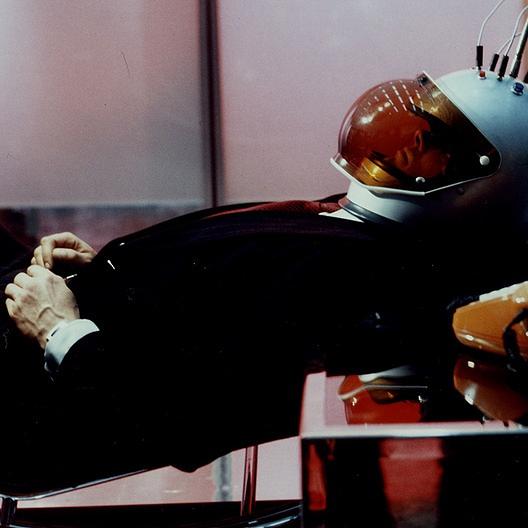
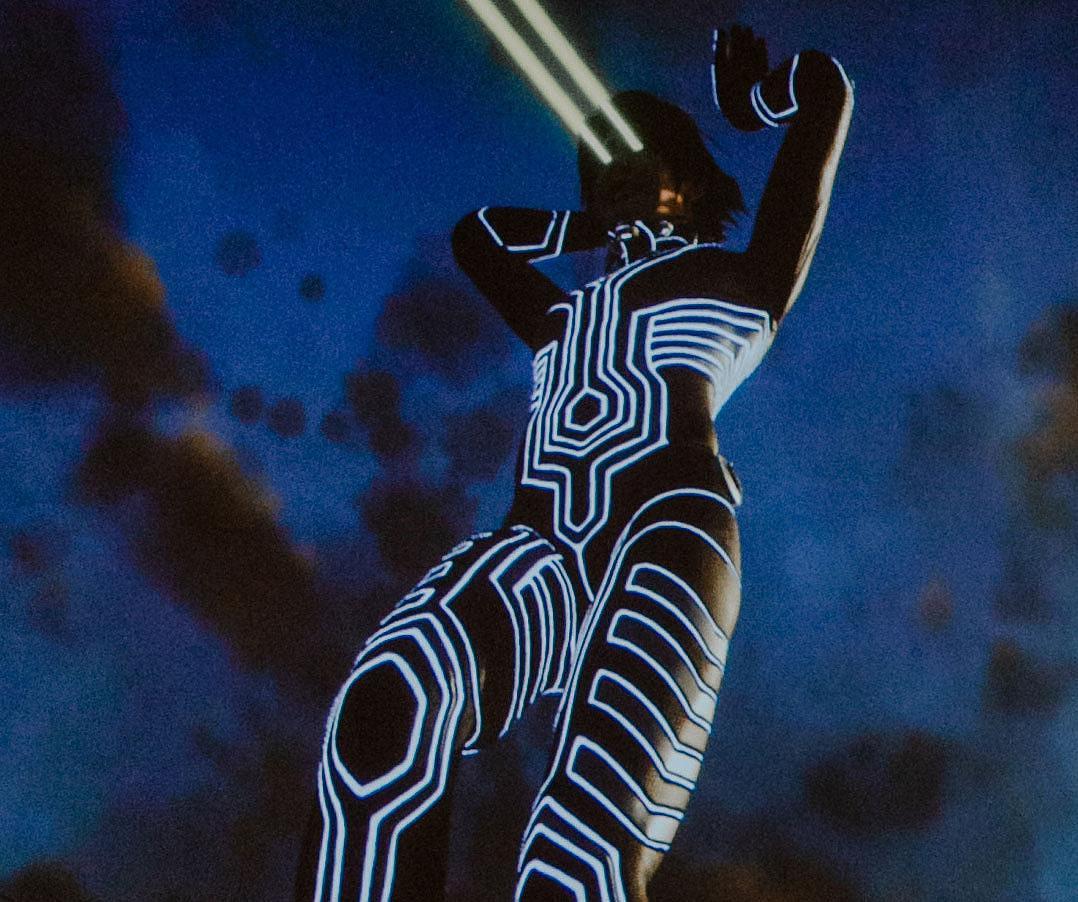
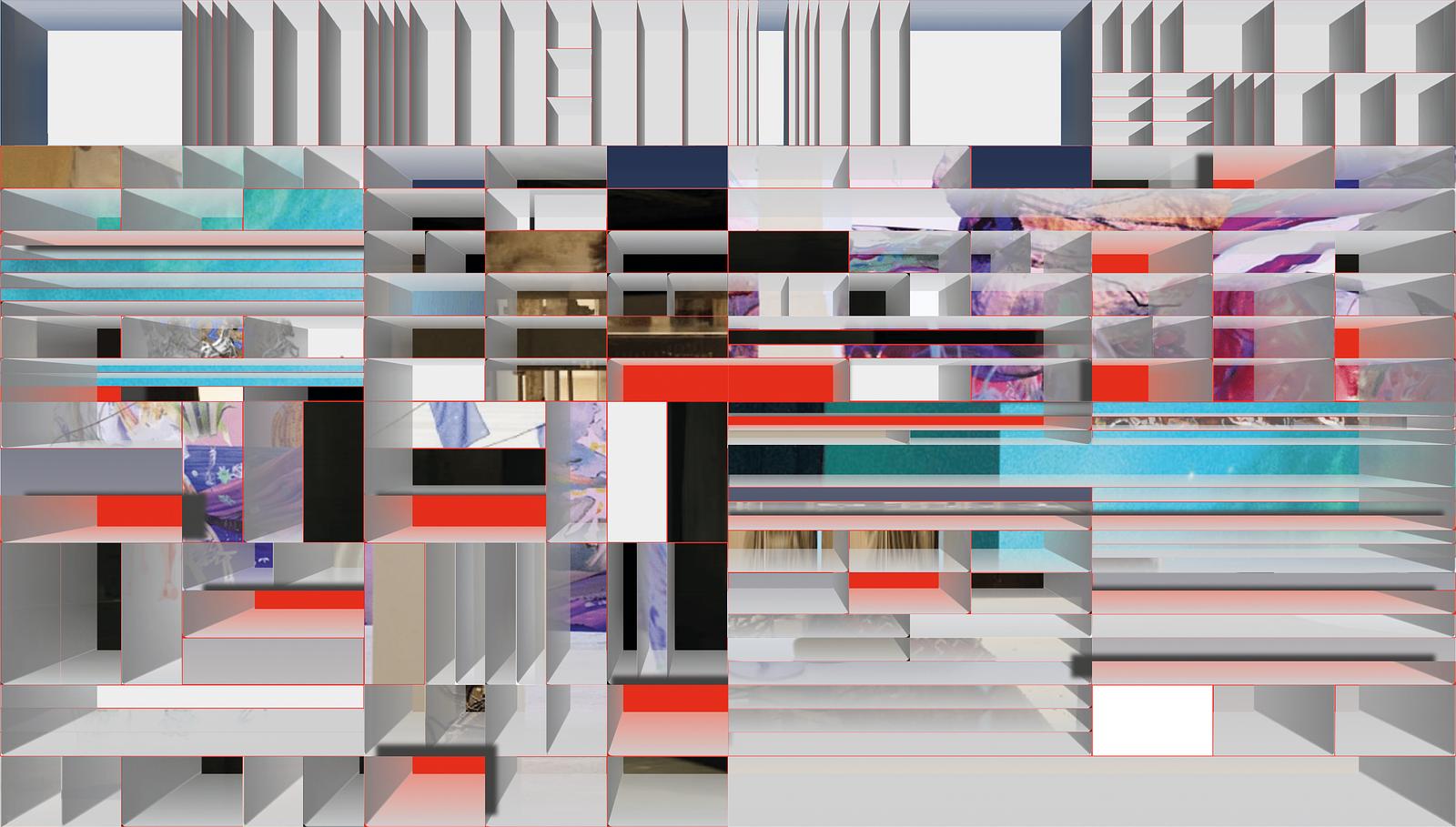
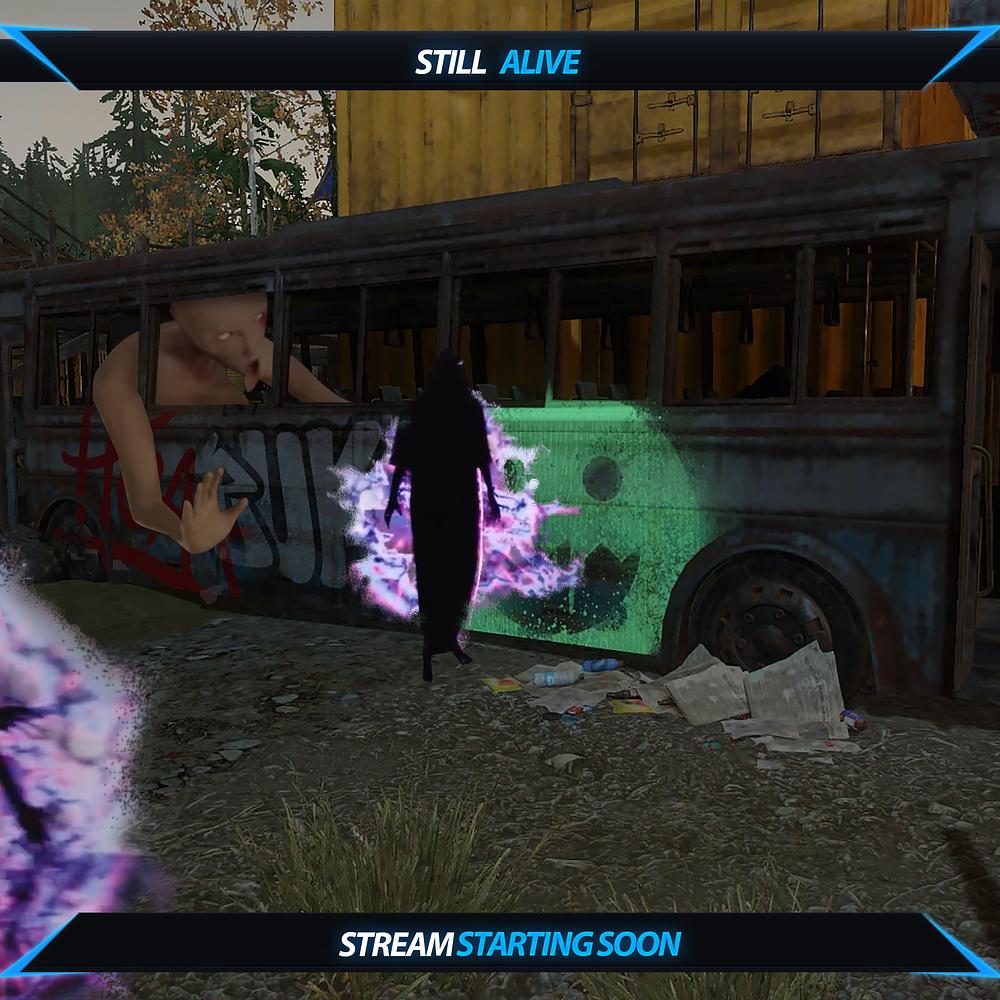
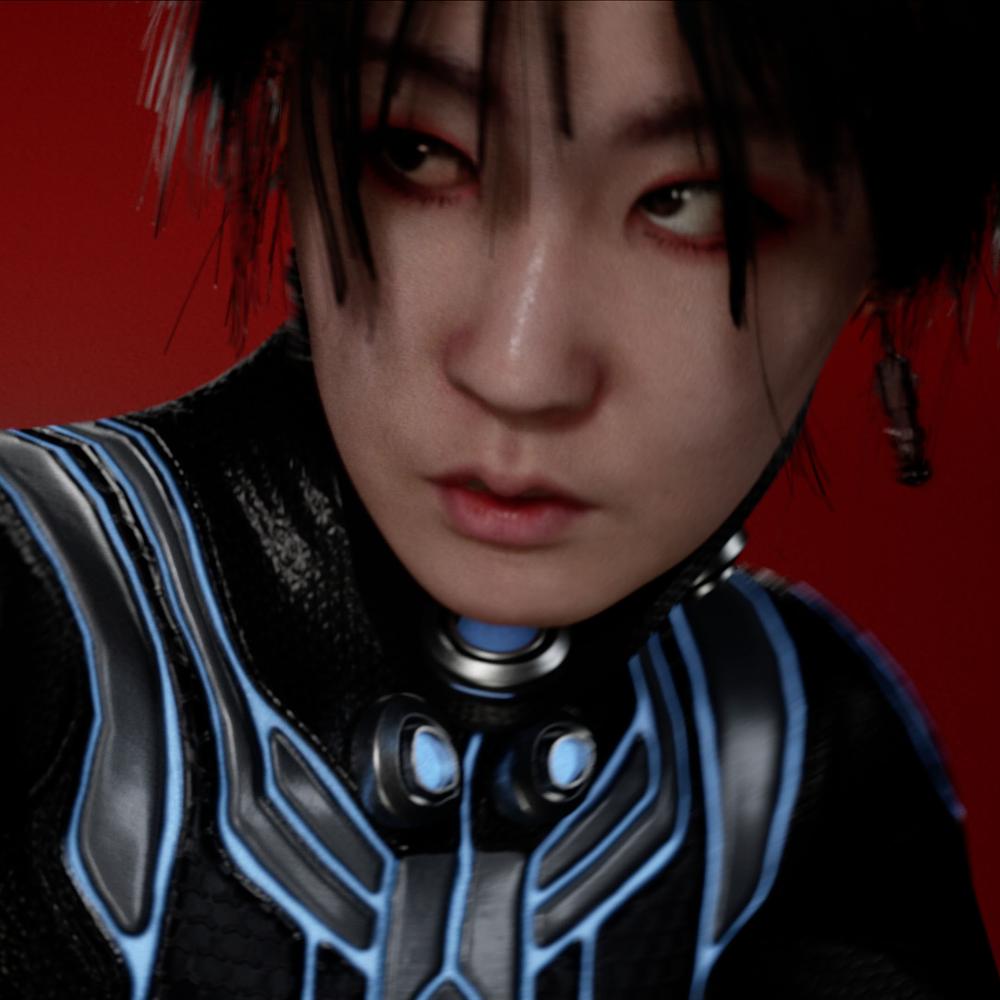
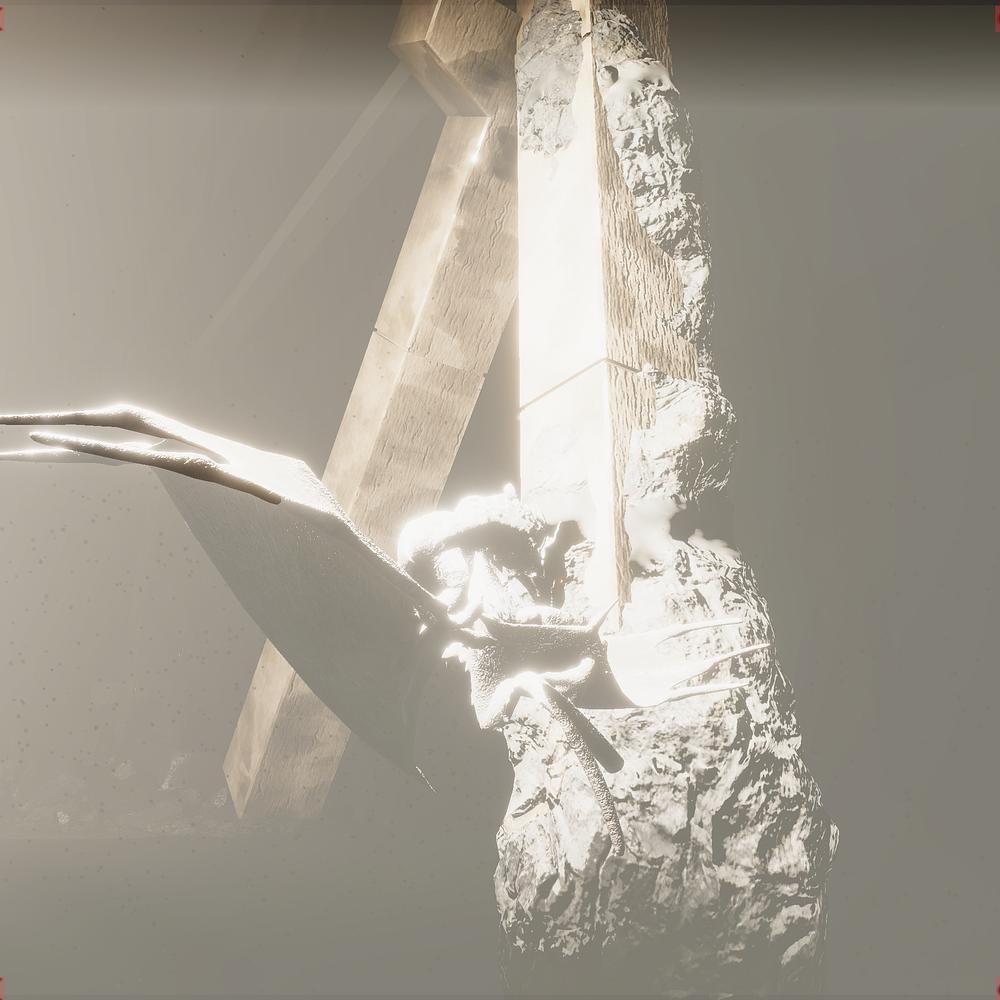
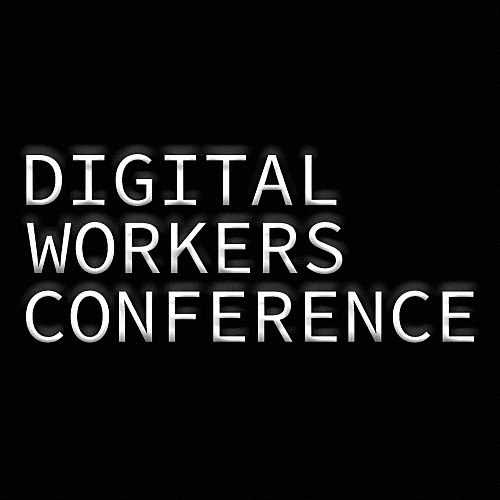
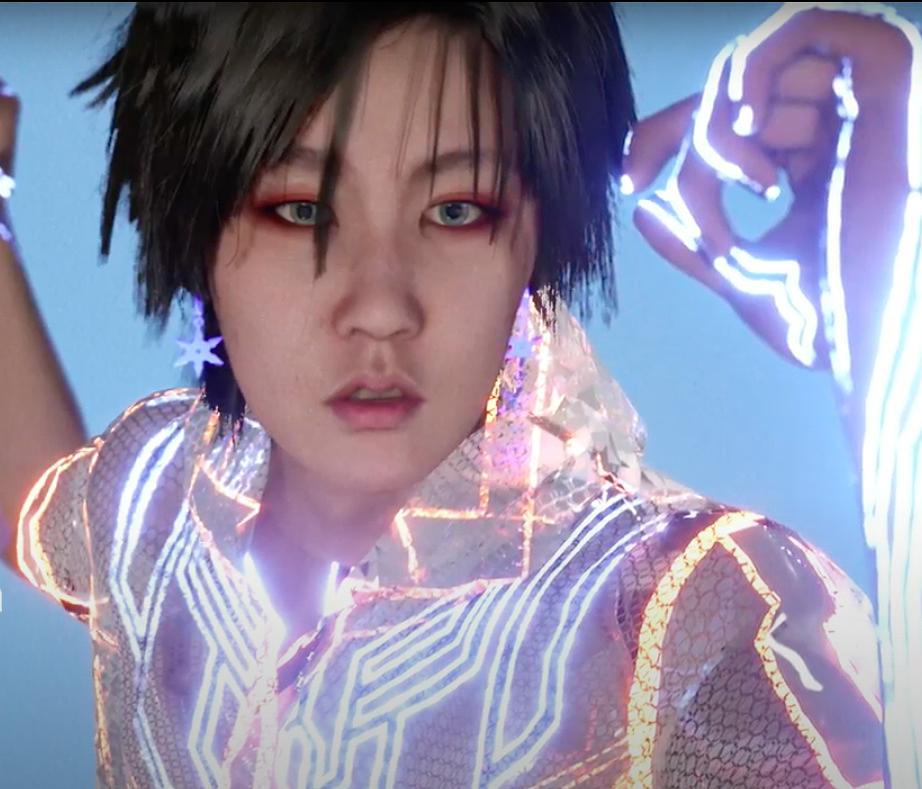
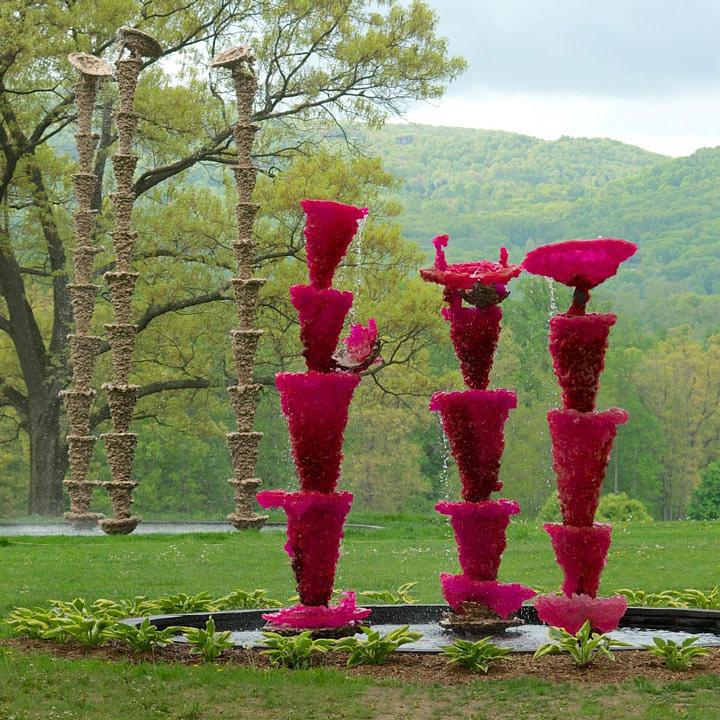
“The Word for World is Forest”
Today, we can witness how culture pushes our imagination toward panic unity and the unity of panic without any consistency. Apparently, it all has been “predicted” in films and TV shows, as “it is easier to imagine an end to the world than an end to capitalism”. We can add that “an end to the world” is generally the easiest of things to envision: just sit on a bench and wait for the first anxious thoughts—the “bad” objects—to creep up. But genuine science fiction is far from its imaginary double in culture and follows a different mission. Rather than feeding the hegemonic imaginary, it detaches from the sole way to dream up worlds. With the release of Neal Stevenson’s novel Seveneves, for instance, science fiction offered a vision of a “post-catastrophic” world suggesting that apocalypse may not be the end. Science fiction is a critical theory, a critical position in relation to imagination. This is why our seminar will feature a selection of works that can be used to reconsider the theme of pandemic and quarantine. These talks will allow us to share our anxieties—but also to develop a critical approach to panic automatism.
Moderator — Boris Klyushnikov.
SHEDULE
Participation is free for advance registration.
Photo: Left: Pink Ladies, 2014. Courtesy the artist and Cheim & Read, New York. Right: Pink Lady (For Asha), 2013. Courtesy the artist; Cheim & Read, New York; And Locks Gallery, Philadelphia. © Lynda Benglis / Licensed by Vaga, New York, Ny. Photograph by Jerry L. Thompson.
Curator and theorist of contemporary art, teacher at Moscow’s Rodchenko Art School and BAZA Institute of Contemporary Art (Moscow). He has worked at National Center for Contemporary Art (Moscow) and taught at the Department of Cinema and Contemporary Art of the Russian State University for the Humanities (Moscow). Klyushnikov organized a laboratory of art criticism at Winzavod Center of Contemporary Art (Moscow).
